40 Books That Might Help You Write Your Novel
For writers, every single book you read helps you write your book. Even if it’s a book you find badly written, you learn what not to do. As writers, reading is our fuel, our education, our most reliable cure for writer’s block. When in doubt how to proceed, read.
That said, I decided to highlight 40 books that most helped me in writing my book, a memoir about non-monogamy and gaslighting titled Open, and books that continued to help me imagine new paths forward. I am not including the many topic-specific books I read as research for Open (you can find many of those in this article). This list is a mix of writing guides, novels, and nonfiction, all of which taught me something about writing a book in general. Obviously, this is by no means exhaustive, and I’d love to hear what you think I’ve missed in the comments.
I hope that if you are trying to figure out how to write a book, or how to write another, some of these books might prove helpful to you as well.
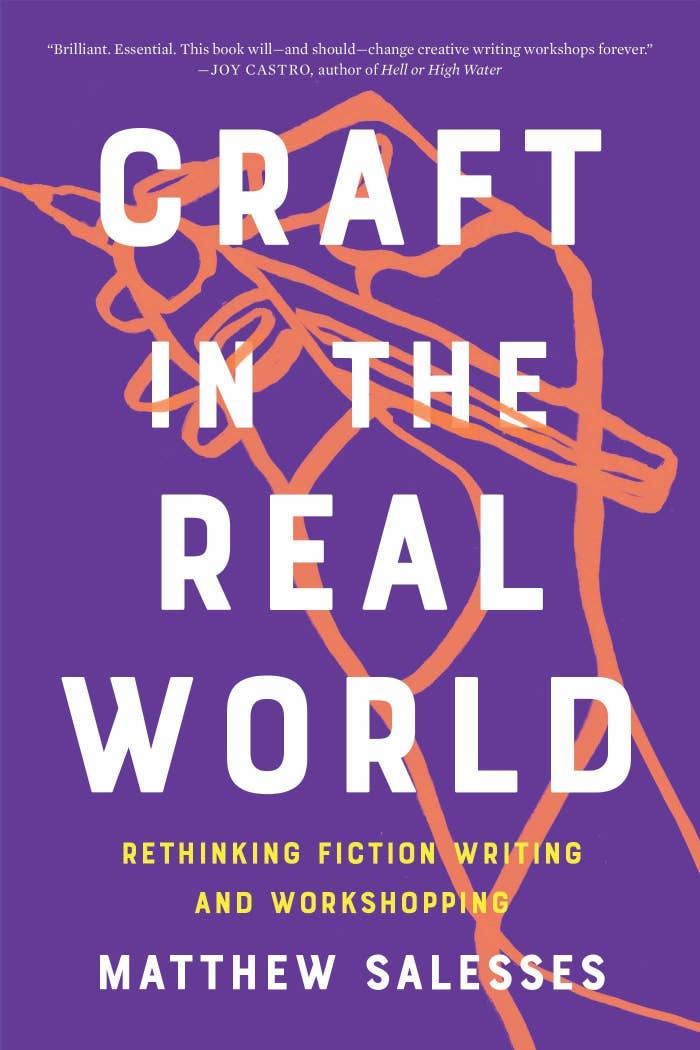
Craft in the Real World
by Matthew Salesses
This book has quickly become a classic, and rightfully so. Its examination of craft on both a theoretical and practical level is essential reading for anyone who wants to write. I learned so much from this book, including ways to better avoid reinforcing white supremacy culture in my writing.
Quote: “Much of what we learn about craft (about the expectations we are supposed to consider) implies a straight, white, cis, able (etc.) audience. It is easy to forget who we are writing for if we do not keep it a conscious consideration, and the default is not universal, but privileged.”
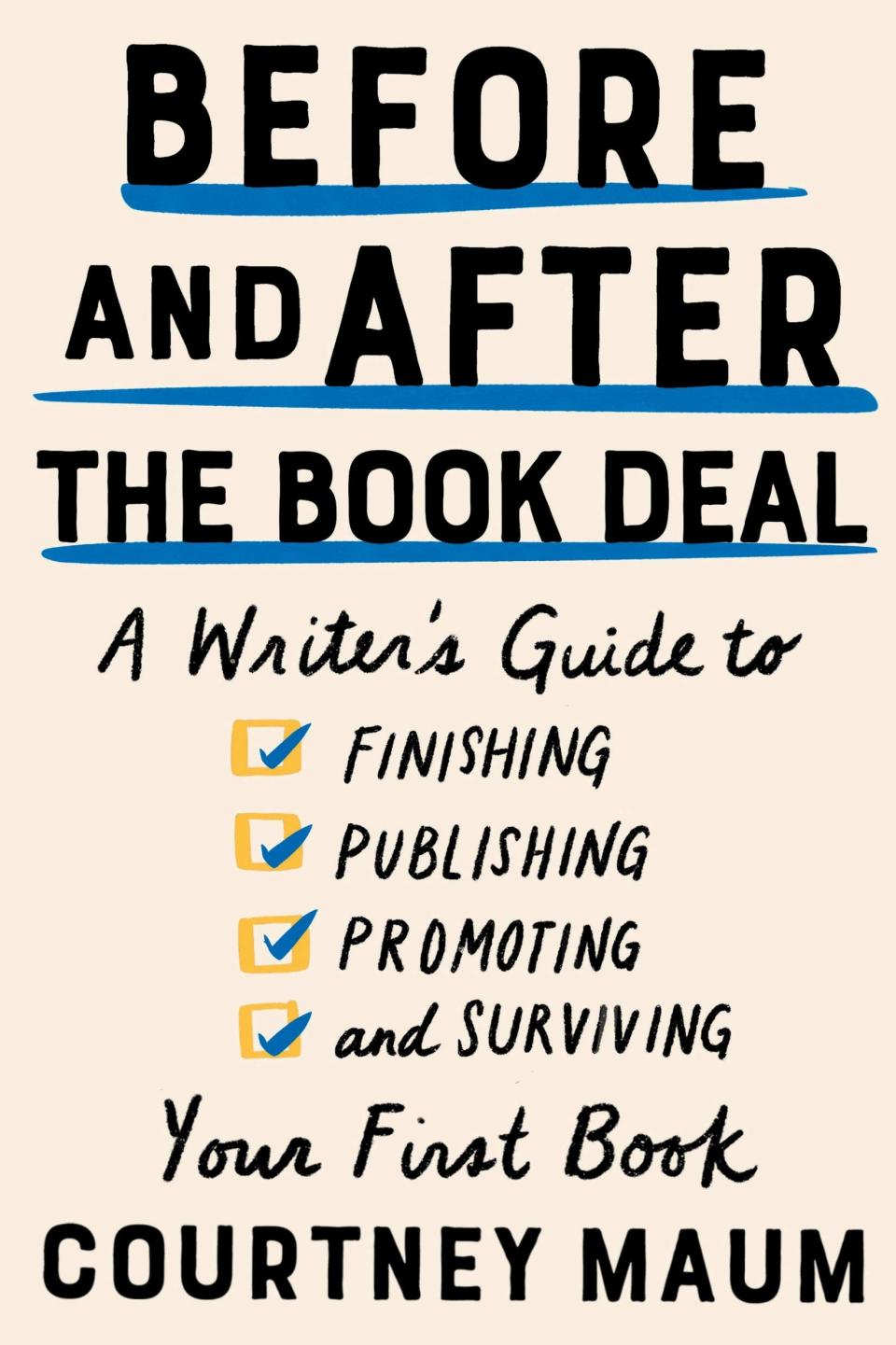
Before and After the Book Deal
by Courtney Maum
Anyone who’s trying to get a book published or is in the process of being published should consider this guide required reading. The publishing industry is unnecessarily opaque, and Maum is here to tell it like it is. By getting people in publishing to speak both on and off the record, this is an unusually candid guide to nearly every question you might have about the process. It’s also filled with tons of practical writing advice, and is very funny. I’ve returned to it again and again.
Quote: “Enjoying what you’re writing is usually proof that you are writing the right thing. (And on this note: if you’re ‘cheating’ on your project with something on the sidelines, maybe that passion project should be the main event?)”
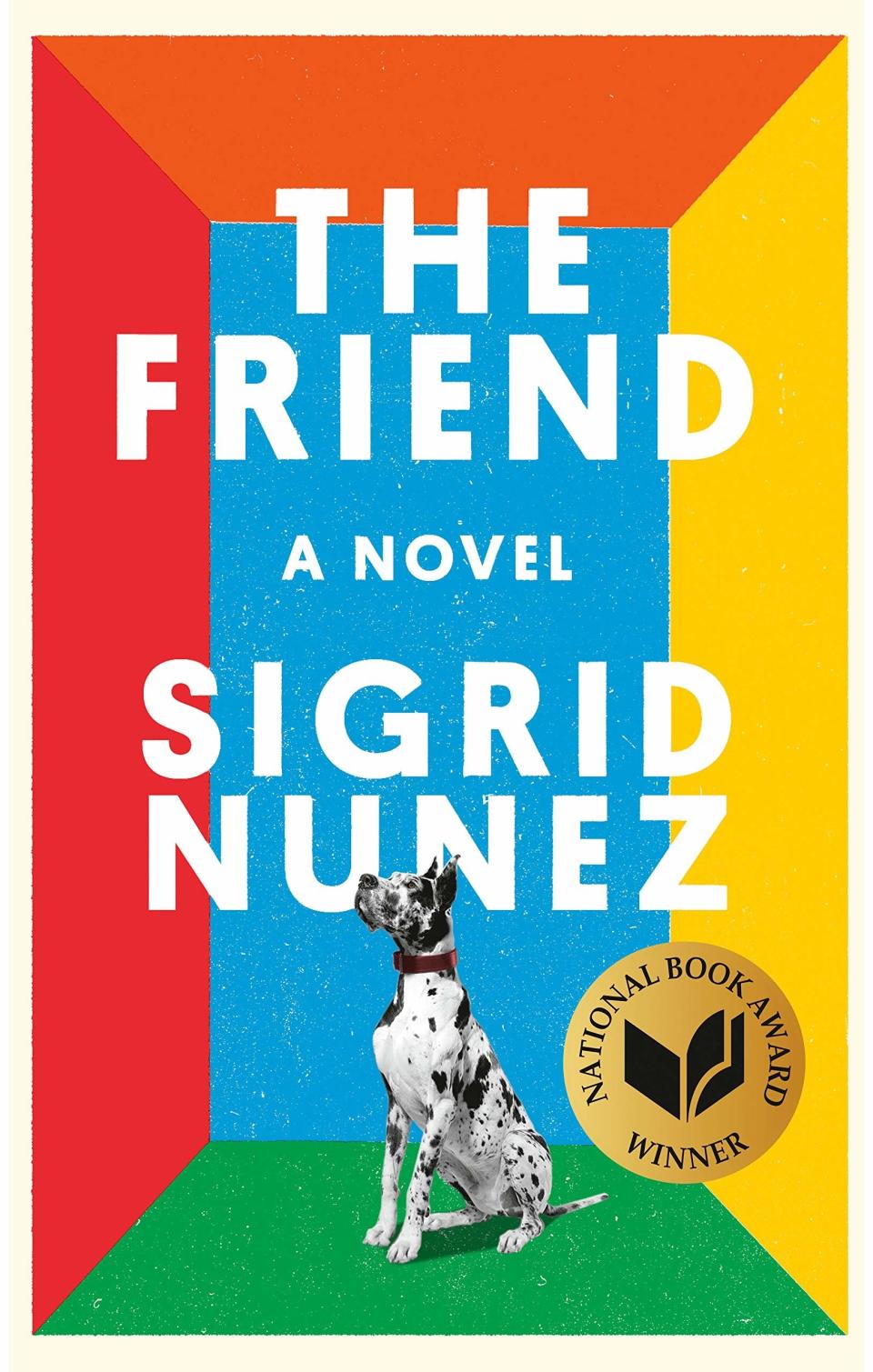
The Friend
by Sigrid Nunez
Some novels helped me learn to write a book because they were so well constructed and in large part about the writing life. That’s a very large category, but I particularly enjoyed The Friend for its examination of whether being a writer is inherently at odds with Buddhist thought and living a present life. Nunez’s most recent novel, What Are You Going Through, is just as good and has one of the most emotionally effective endings I’ve read.
Quote: “You write a thing down because you’re hoping to get a hold on it. You write about experiences partly to understand what they mean, partly not to lose them to time. To oblivion. But there’s always the danger of the opposite happening. Losing the memory of the experience itself to the memory of writing about it.”
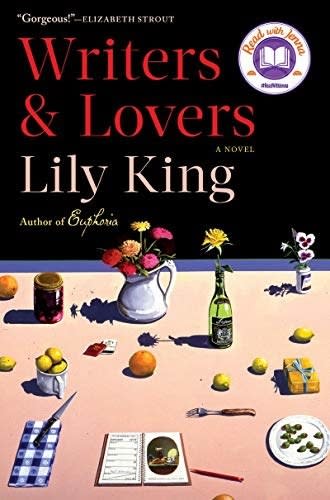
Writers & Lovers
by Lily King
This novel is another one that is just so well-constructed, and so about being a writer, that you can’t help but learn about writing from reading it. It has the feeling of autofiction and is filled with writing advice worked seamlessly into its sexy and entertaining plot.
Quote: “She points out the places where I have described a character’s emotion instead of the reaction to the emotion. ‘Don’t tell us the girl is sad. Tell us she can’t feel her fingers. Emotions are physical.’”

Meander, Spiral, Explode
by Jane Alison
Like Craft in the Real World, this book makes a contemporary case against prioritizing linear plot in narrative — the standard hero’s journey or otherwise western/masculine structures. If you’d like permission to write something that doesn’t fit into a traditional sense of what constitutes a story, this book is very affirming.
Quote: “There’s power in a wave, its sense of beginning, midpoint, and end; no wonder we fall into it in stories. But something that swells and tautens until climax, then collapses? Bit masculo-sexual, no? So many other patterns run through nature, tracing other deep motions in life. Why not draw on them, too?”
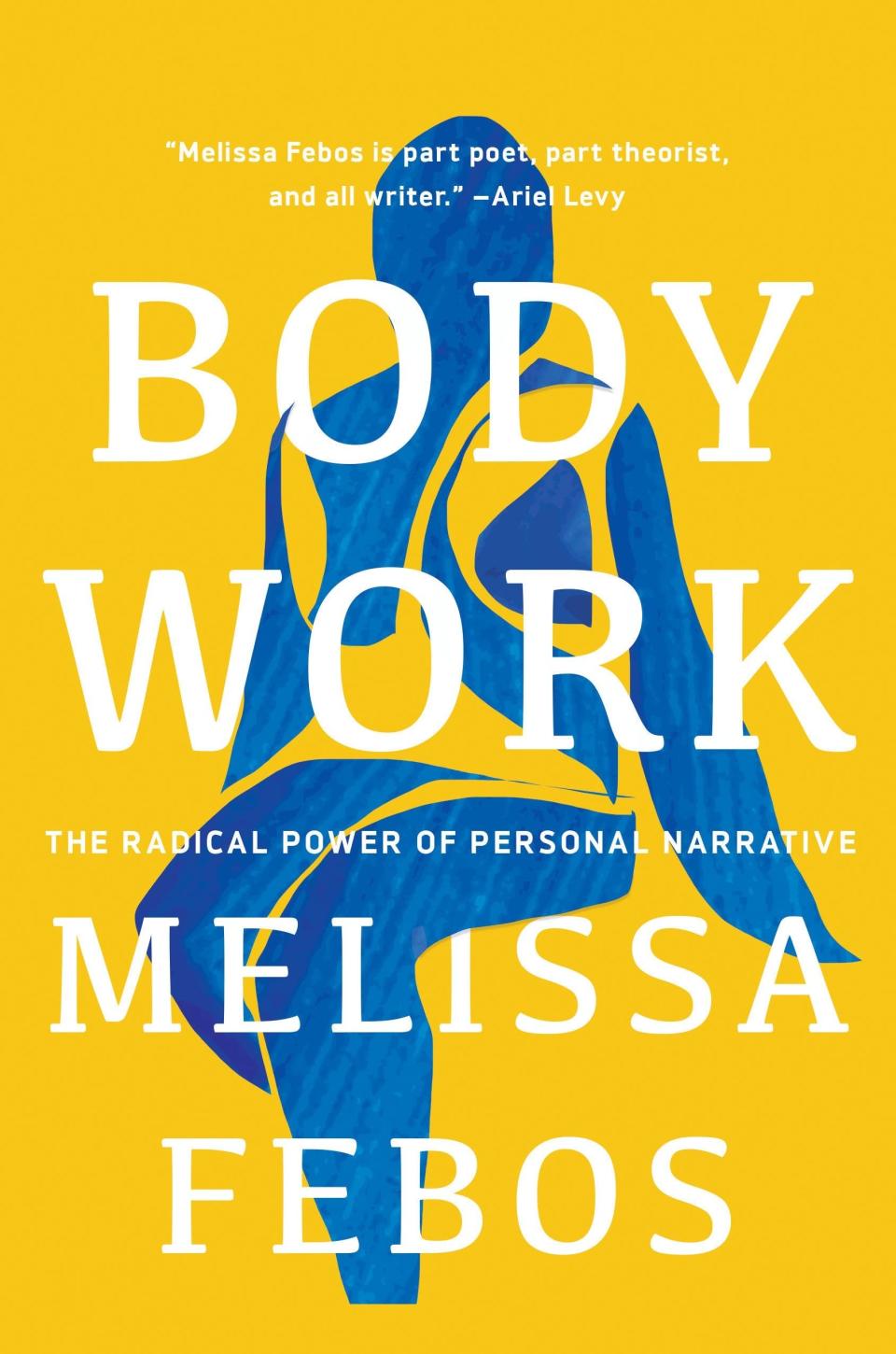
Body Work
by Melissa Febos
Febos’ new book on craft is likely to become a classic. As a woman who also writes about my sex life and trauma, it was a reaffirming manifesto on why our work should not be considered lesser, or simply a long diary entry. I found myself highlighting more passages than not.
Quote: “I labored endlessly to craft my memoir. But after it was published, I still fielded insinuations that I had gotten away with publishing my diary.”
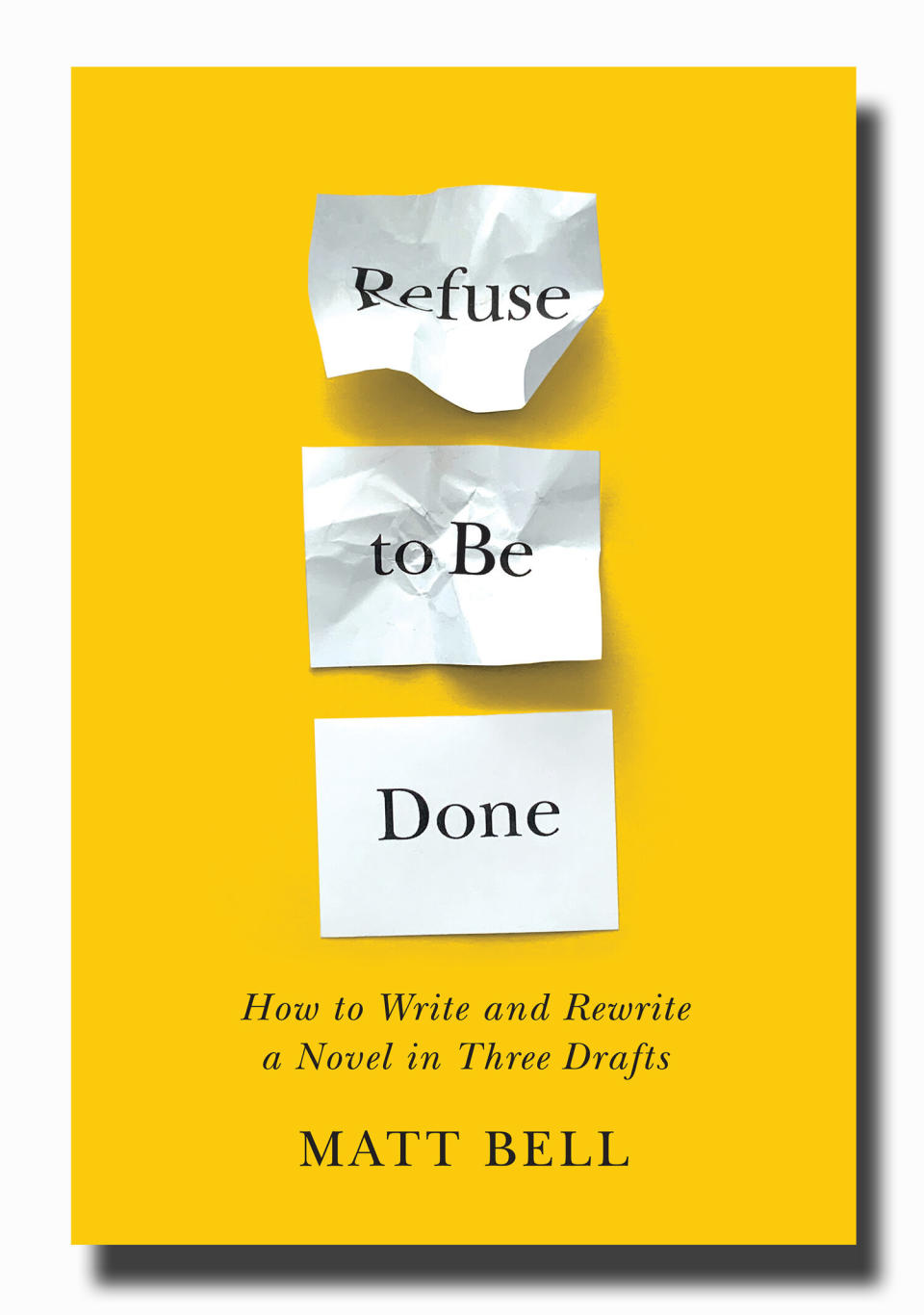
Refuse to Be Done
by Matt Bell
Bell’s new writing guide is already helping me figure out how I might write a novel. Unlike many craft books that focus on outlining, it is useful for us “pantsers” (those who write by the seat of their pants, rather than “plotters”) and is incredibly readable and useful. It focuses on the art of revision, where most of the magic happens. But it also has plenty in it about how to get started. Nothing snobbish about it, just super-smart and practical.
Quote: “The writers I know who seem to be the most ‘original’ or ‘innovative’ often turn out to be the most diverse readers.”
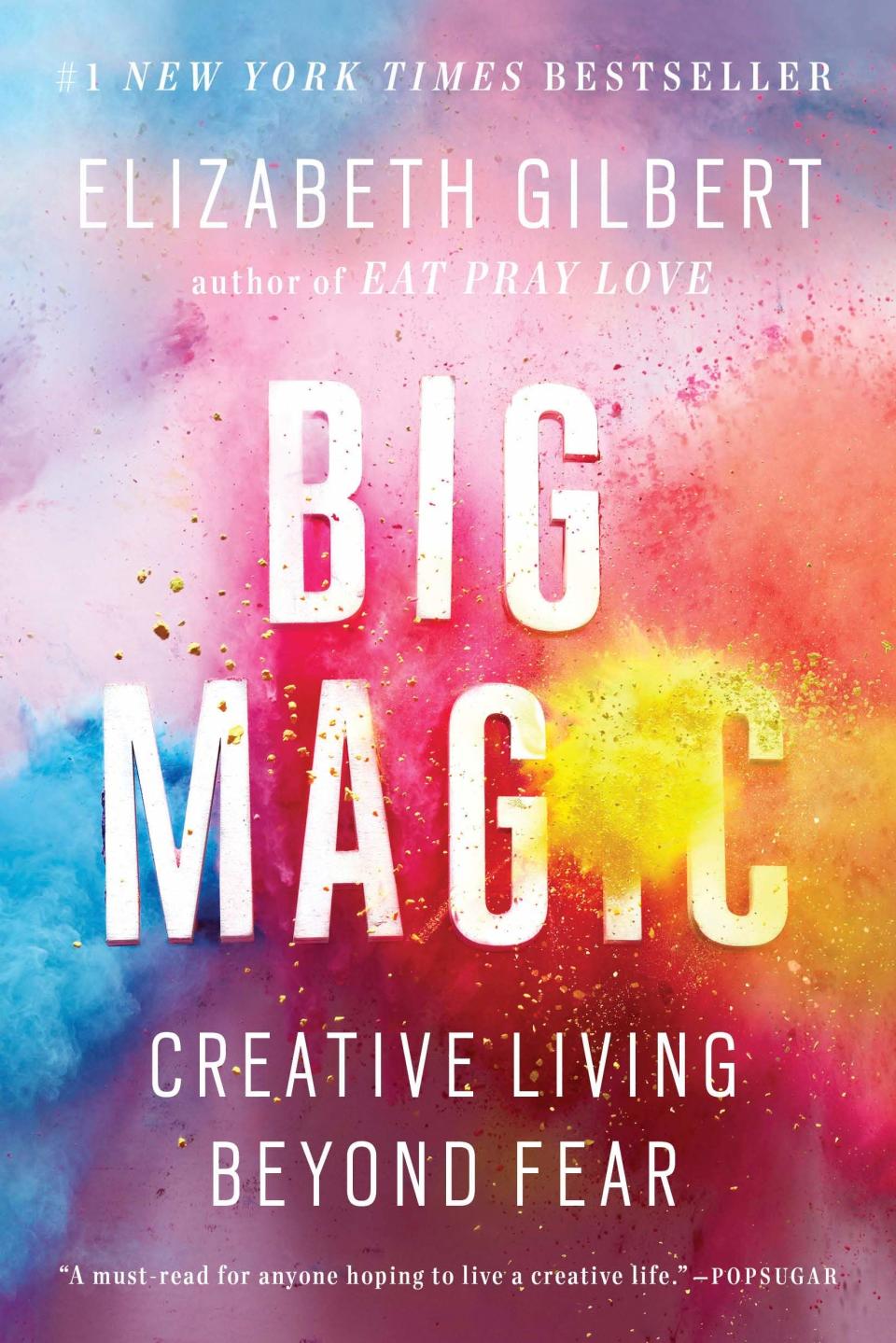
Big Magic
by Elizabeth Gilbert
This book on writing explores the more spiritual side of creativity — where do ideas come from, for example? Gilbert argues that they may be floating around in the collective consciousness, waiting to be picked up or dropped, and that if you don’t grab it, it will move onto someone else. I found this oddly comforting as an idea, and continue to return to it.
Quote: “Let me list for you some of the many ways in which you might be afraid to live a more creative life: You’re afraid you have no talent. You’re afraid you’ll be rejected or criticized or ridiculed or misunderstood or—worst of all—ignored.”
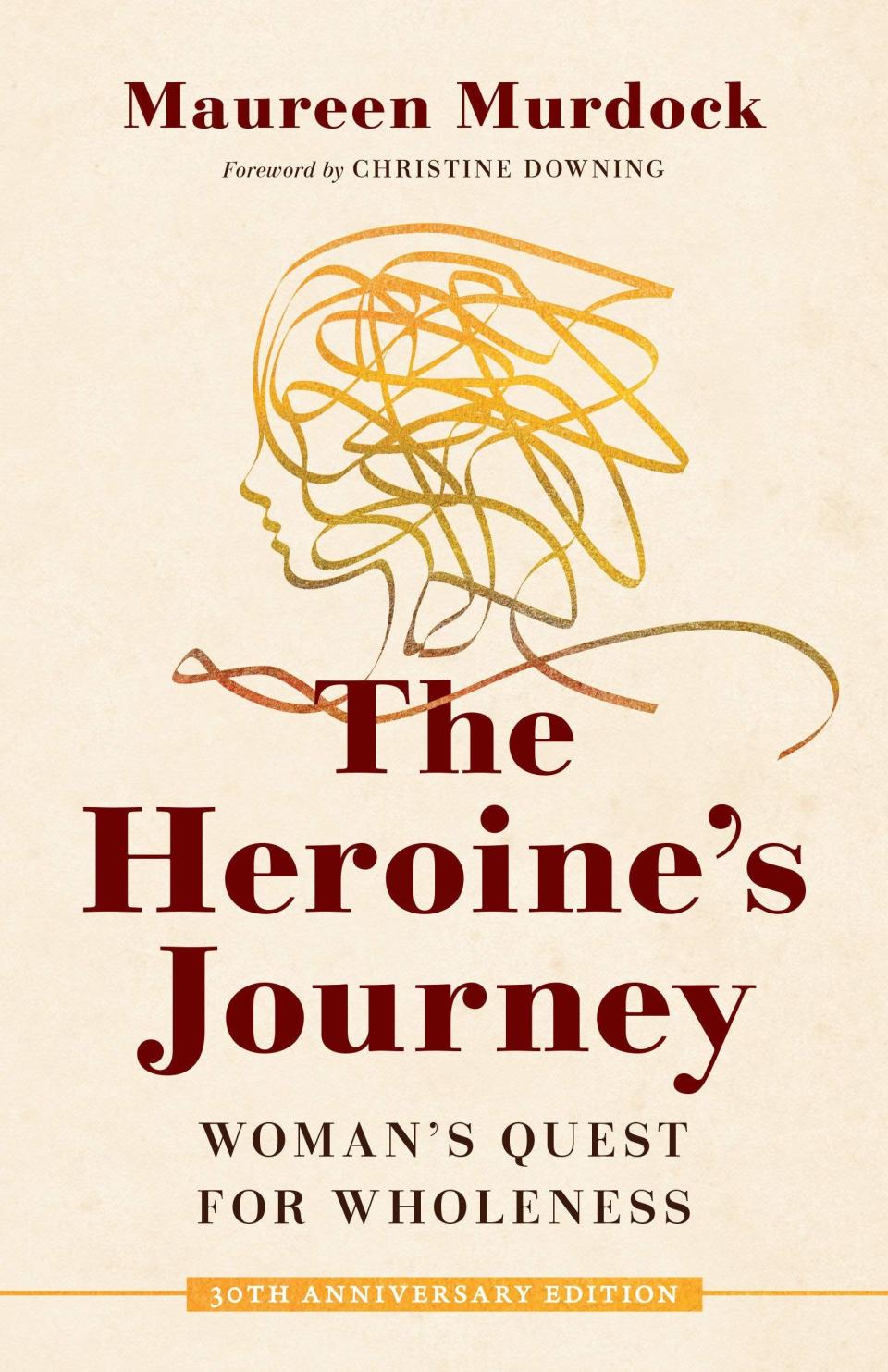
The Heroine’s Journey
by Maureen Murdock
The hero’s journey as explained by Joesph Campell and Christopher Vogler is well-known, and a structure many find useful in storytelling. It wasn’t until I discovered Murdock’s book, however, that I identified with the trajectory. Murdock reframes the hero’s journey to mirror the inner emotional journey of many women and femme people. After I read it, I used it as a map to structure Open, and was amazed how the story I wanted to tell naturally fell along this timeline.
Quote: “During the road of trials, a woman transcends the limits of her conditioning. It is a particularly harrowing time, an adventure fraught with fears, tears, and trauma. As a child and adolescent, she is shaped to fit a role determined by expectations of parents, teachers, and friends. To move beyond them, she must flee the captors of her conditioning, leave the Garden of Protection behind, and slay the dragon of her dependencies and self-doubts. It is a perilous journey.”
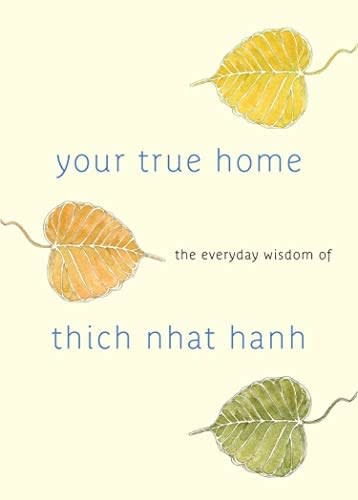
Your True Home
by Thich Nhat Hanh
This is not a writing guide, but it is the book that for years now has greatly impacted my writing life. With one teaching for each day of the year, you can practice one-a-day in order or at random, and watch yourself become a more mindful and happy person in the process. We tend to be a neurotic bunch, us writers. We need all the help we can get to chill out, and listen to the voices that matter.
Quote: “Suppose you have the habit of getting into a hurried state while doing such things as shopping or cooking. With mindfulness you recognize that you are rushing around and knocking things over, trying to finish quickly. Then you realize that the energy of being in a hurry has manifested itself. So you breathe in and out mindfully, and you say, ‘My dear habit energy, here you are again.’ And as soon as you recognize it, it will lose its strength.”
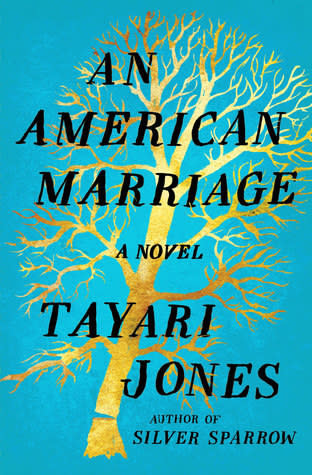
An American Marriage
by Tayari Jones
I’ve read and reread this novel several times. Not only is it extremely romantic and sexy and beautifully written, but it is a great contemporary lesson in writing a compelling love triangle. If that’s what you might be trying to do, I highly recommend deconstructing how Jones made it seem so effortless.
Quote: “The chilly rationale of hindsight is what exposes the how and why of something that once seemed supernatural. It’s the magician’s manual that shows you how the tricks are done, not with sorcery but with careful cues and mysterious devices. This is not an excuse, just an explanation.”
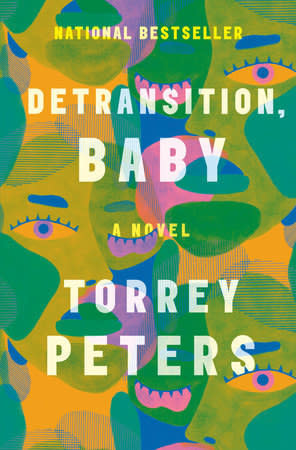
Detransition, Baby
by Torrey Peters
This book was important to me for how it describes marginalized and underrepresented identities in a way that is in no way whitewashed. Peters is unafraid to make her characters flawed and complex or to have them think and do “un-PC” or “not model representative” things. If you want permission to do the same — and also to look at how another sort of love triangle might be constructed — this is a must.
Quote: “The problem could be described thusly: When a woman begins to notice herself aging, the prospect of making some meaning out of her life grows more and more urgent. A need to save herself, or be saved, as the joys of beauty and youth repeat themselves to lesser and lesser effect.”
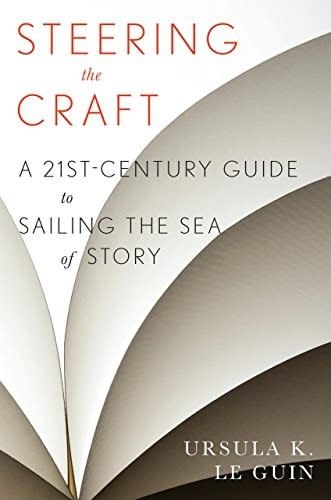
Steering the Craft
by Ursula K. Le Guin
This is a classic craft book for a reason. The prolific science fiction writer Le Guin is entertaining, practical, and inspiring in her advice. Her typical writing day is also one of the best life goal targets I’ve seen.
Quote: “The memoirists and nonfiction writers I respect are fully aware of the impossibility of being perfectly factual and wrestle with it as with an angel, but never use it to excuse lying.”

Girl, Woman, Other
by Bernardine Evaristo
Evaristo’s book had a huge impact on me as I wrote my memoir. It gave me permission to experiment and tell my story however I felt was best. Her style of writing prose is poetic in a completely unpretentious and sharp way that is entirely her own. Few writers could pull what she does off — let alone from so many interwoven perspectives. The result is not only incredibly absorbing but technically impressive. Study this if you want permission to write your story in whatever way it is best told — even if you’ve never seen anything like it.
Quote: “Aging is nothing to be ashamed of / Especially when the entire race is in it together / Although sometimes it seems that she alone among her friends wants to celebrate getting older / Because it’s such a privilege to not die prematurely.”
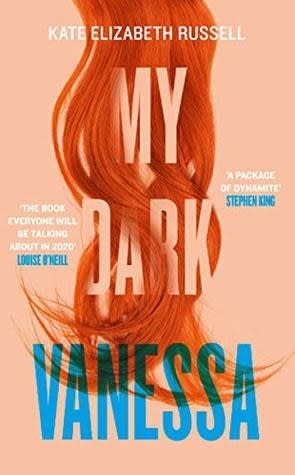
My Dark Vanessa
by Kate Elizabeth Russell
My wonderful editor Donna Lofreddo recommended I read this novel as I was writing Open, and I’m sure my memoir would have been very different had she not. If you want to see how to construct a romantic narrative that is as compelling and sexy as it is disturbing, this is an excellent source of inspiration. The accuracy with which it depicts emotional abuse and gaslighting is a masterclass in the old adage “show, don’t tell.” The novel Acts of Desperation and the incredibly brave and honest memoir The Kiss were two other exemplary and useful books in this same vein as well.
Quote: “It’s important that you never feel coerced. That’s the only way I’ll be able to live with myself.” …He reaches for my hands. “You’re in charge here, Vanessa. You decide what we do.”
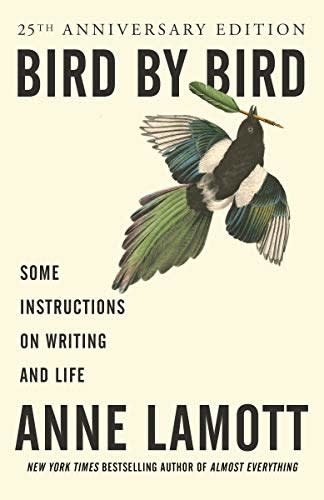
Bird by Bird
by Anne Lamott
This book almost always pops up on writing guide lists, so it’s unsurprising I’m including it here. While it wasn’t the one that helped me most, I did still highlight plenty of gems and felt supported and inspired by her advice as I wrote my first draft.
Quote: “Just don’t pretend you know more about your characters than they do, because you don’t. Stay open to them. It’s teatime and all the dolls are at the table. Listen. It’s that simple.”
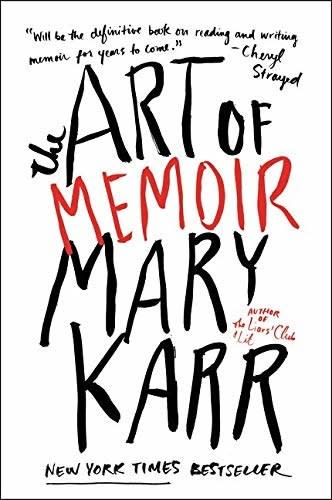
The Art of Memoir
by Mary Karr
For memoirists (and autofiction writers, I’d say), this book is filled with practical advice. I was skeptical about certain things she wrote — like the fact that most people you write about won’t be offended if you show them their sections in advance and protect their identity — but when I followed her advice, it usually turned out to be true.
Quote: “You think you know the story so well. It’s a mansion inside your head, each room just waiting to be described, but pretty much every memoirist I’ve ever talked to finds the walls of such rooms changing shape around her. There are shattering earthquakes, tectonic-plate-type shifts. Or it’s like memory is a snow globe that invariably gets shaken so as to shroud the events inside.”
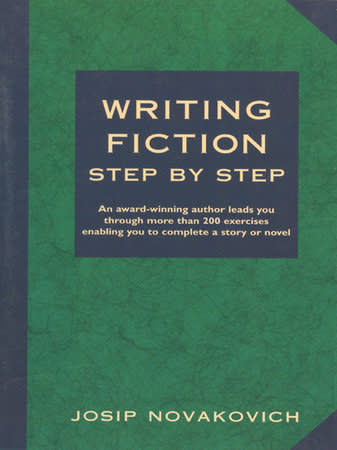
Writing Fiction Step by Step
by Josip Novakovich
This very practical book is filled with useful writing exercises to get you started. I most appreciated how it repeatedly addresses the process of starting with your own known experiences and fictionalizing them — something I find that fiction guides sometimes like to gloss over/don’t admit to directly.
Quote: “Too often, out of a big idea, a small story results because the idea overwhelms you. And frequently, out of a comfortingly small idea, a large story evolves; you relax, and the lowered expectations may release a playful energy in you and surprise you with how frisky and inventive you can become.”
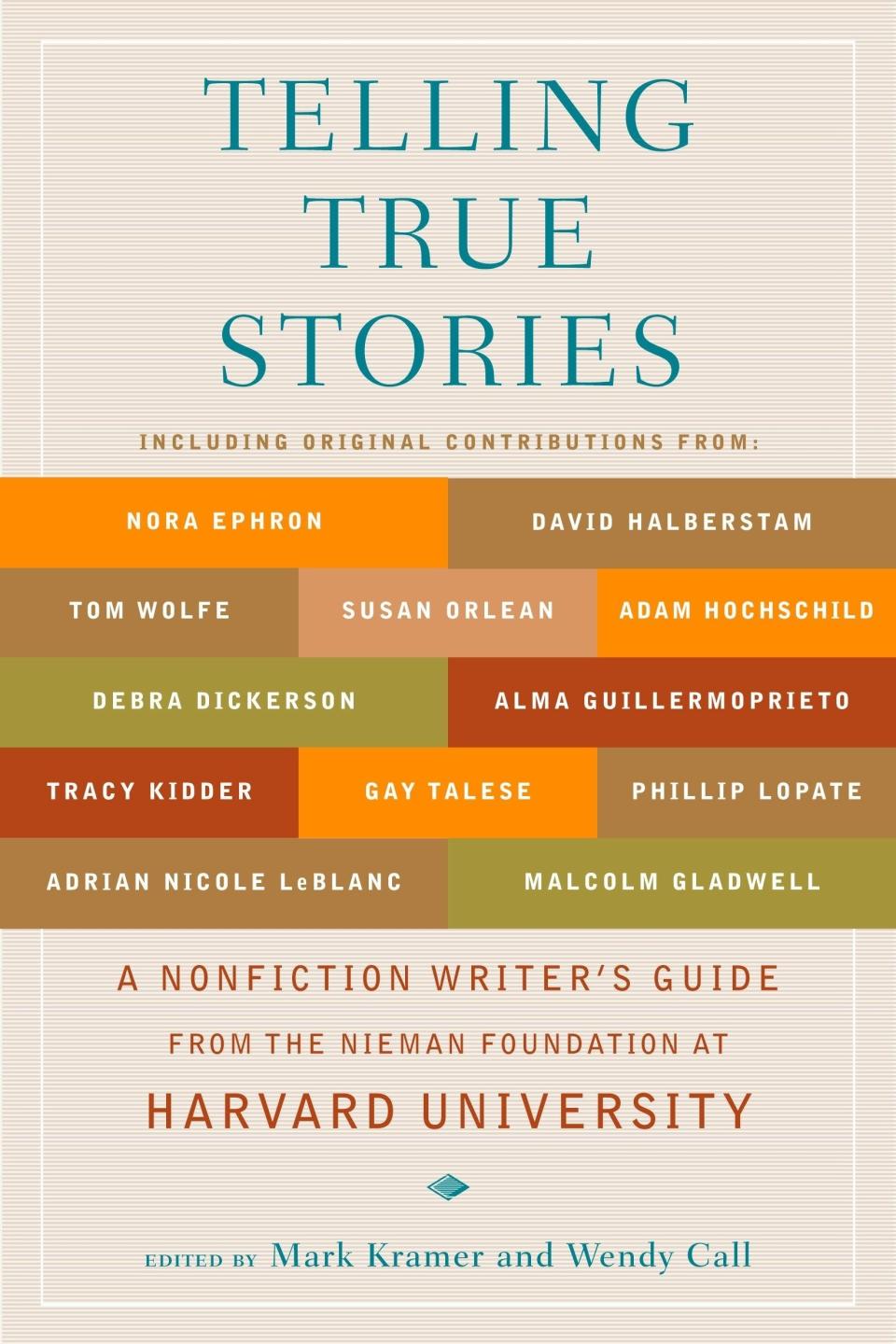
Telling True Stories
by Mark Kramer and Wendy Call
For writers of creative nonfiction, this guide is a collection of advice from the world’s foremost long-form journalists. I read it long before I started writing my book, and I’m certain all the wisdom it contained helped me along the way.
Quote: “Ask people what they worry about most or who matters most to them or what makes them most afraid.”
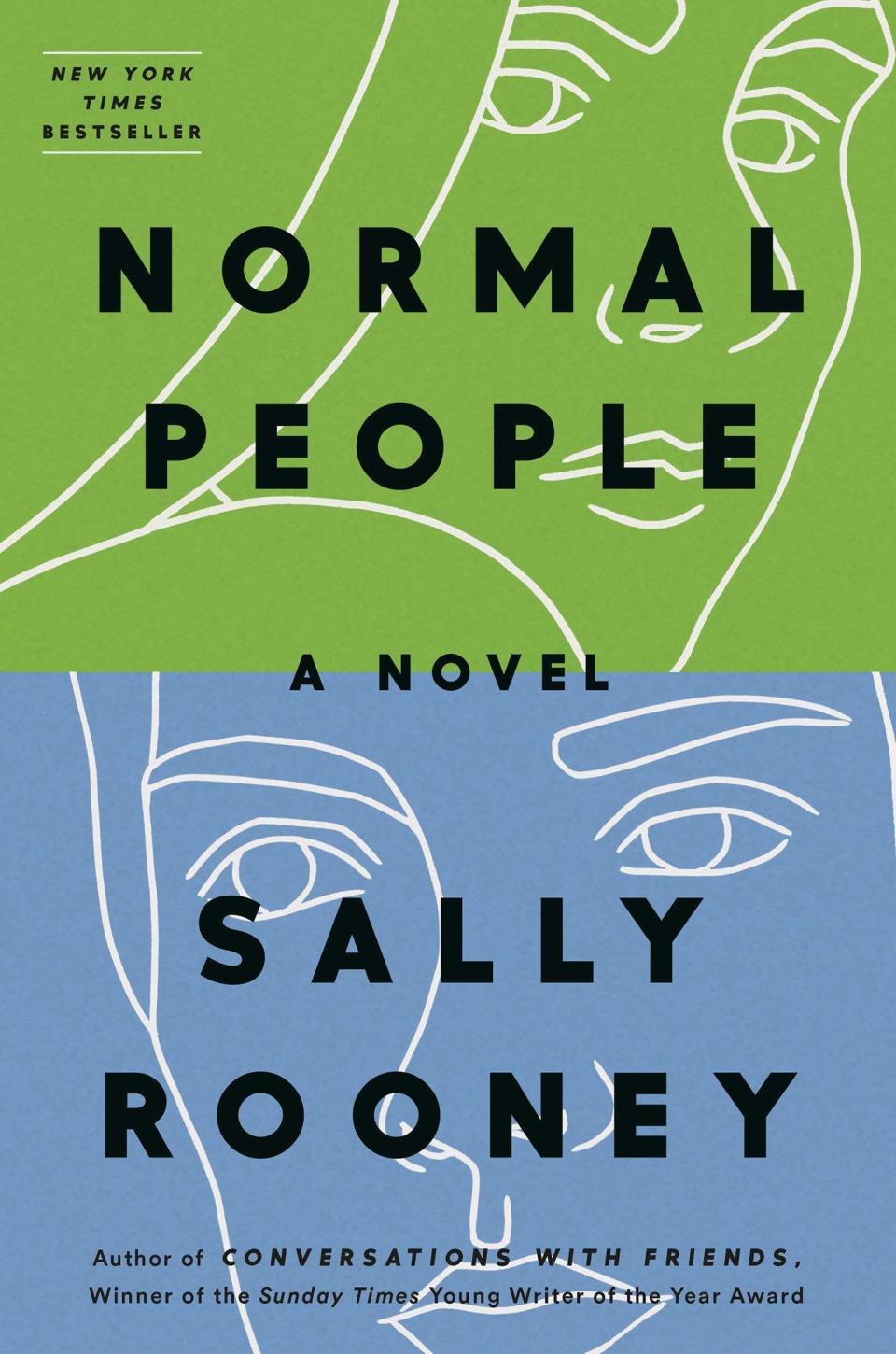
Normal People
by Sally Rooney
When I read another incredibly sexy book, Liv Stratman’s novel Cheat Day, I asked her how she did it. She replied that she studied Rooney’s sex scenes, and broke down what she did. It was excellent advice, and it worked. If you also want to study romantic tension — how to achieve the one step forward, two steps back approach — this novel is of course one of the most successful contemporary examples of how to achieve it. Really, any of Rooney’s novels are.
Quote: “He likes to get very deep inside her, slowly, until her breathing is loud and hard and she clutches at the pillowcase with one hand. Her body feels so small then and so open. Like this? he says. And she’s nodding her head and maybe punching her hand on the pillow, making little gasps whenever he moves.”
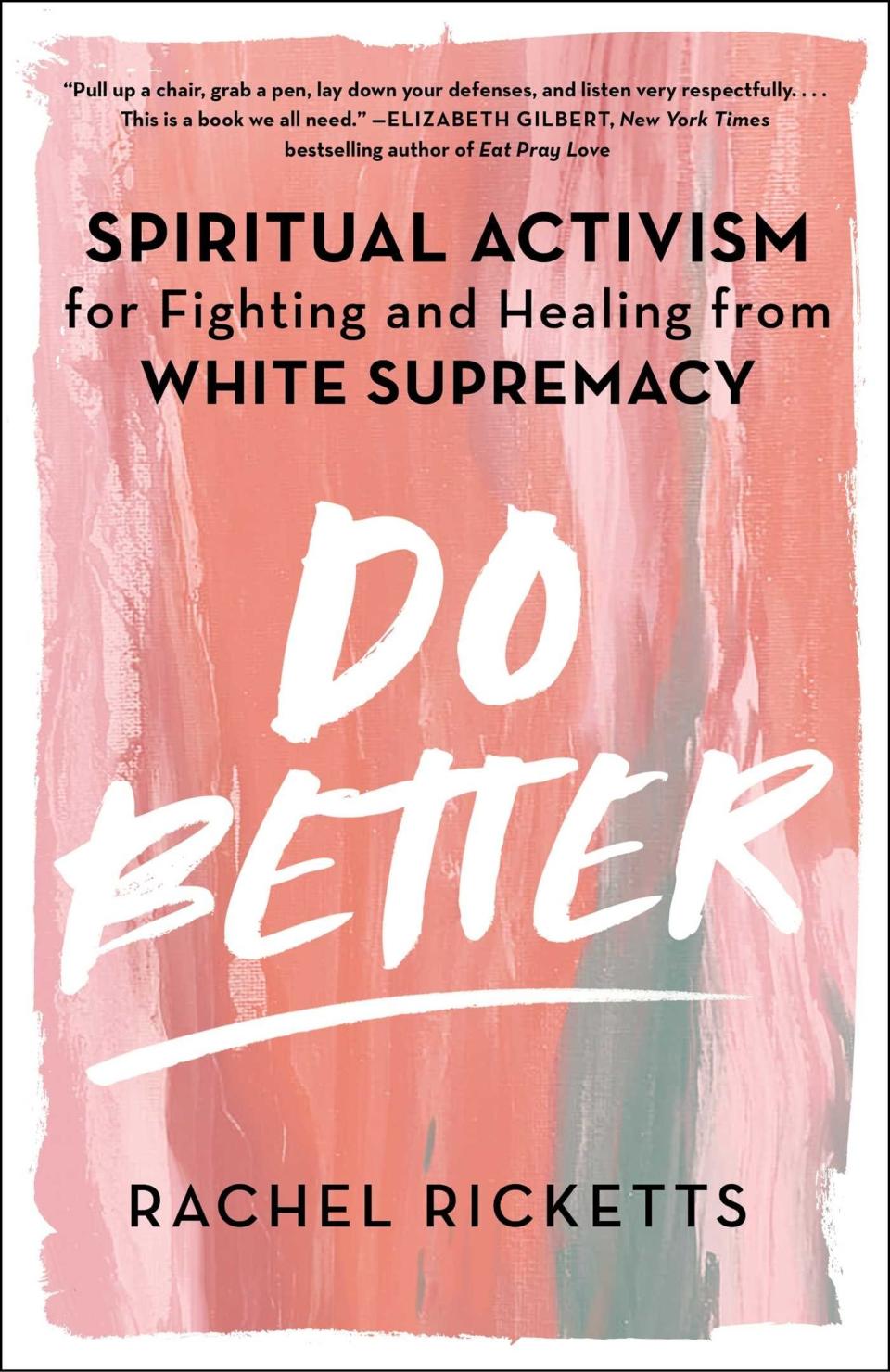
Do Better
by Rachel Ricketts
This is not a craft book, but this anti-racist guide will make your writing better. If you don’t understand what white supremacy culture is, chances are you will reinforce it in your writing. If you want to be actively anti-racist in your life and work, this book is incredibly helpful, compassionate, and direct. It is also in itself a great example of how to write a sort-of-guidebook that isn’t formulaic or watered down — but still accessible.
Quote: “White supremacist culture— An ethos of values and characteristics that helps to perpetuate a paradigm of race-based and other oppression. Characteristics include: individualism, perfectionism, binary thinking, power hoarding, right to comfort, exploitation, extraction, and more.”
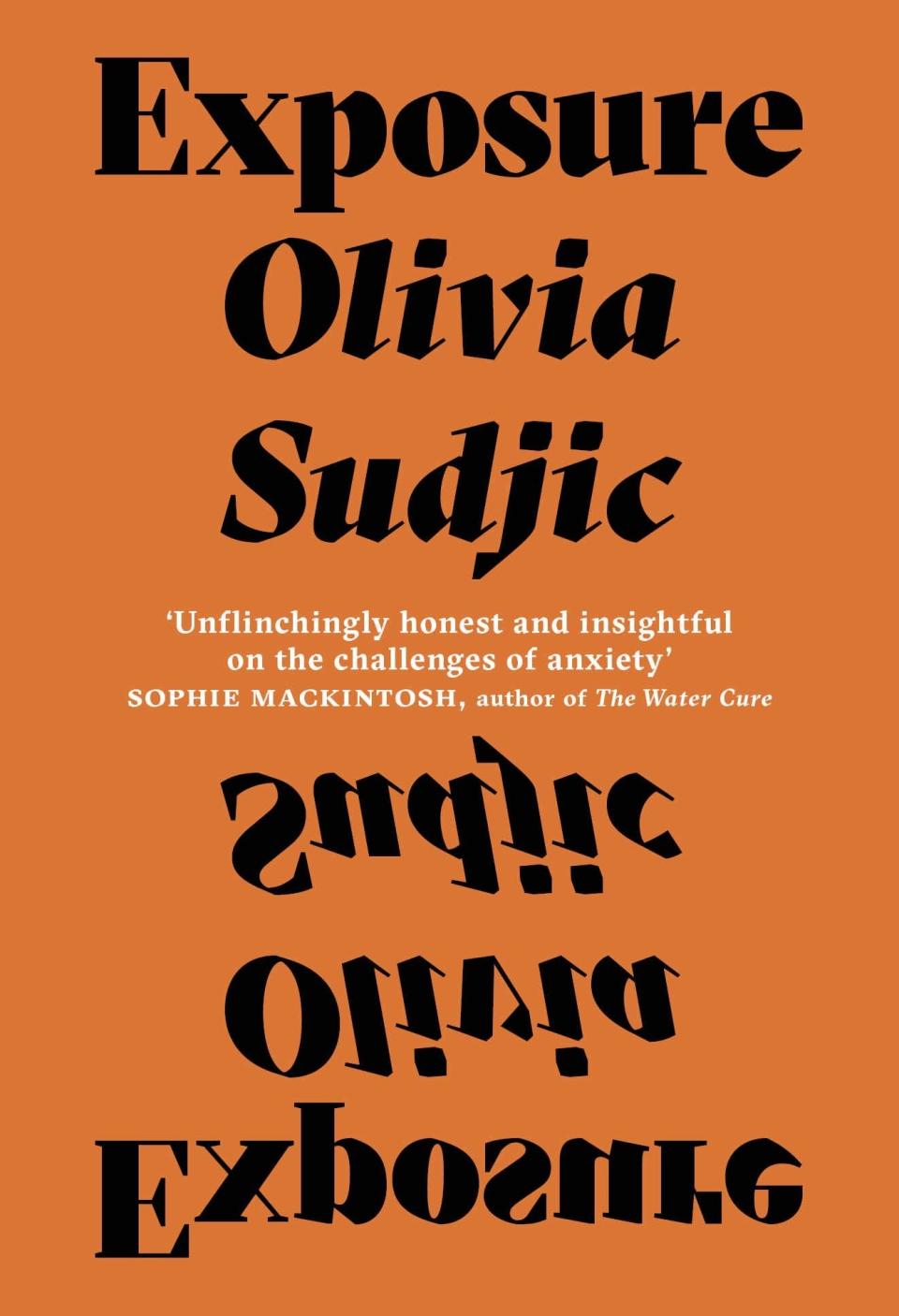
Exposure
by Olivia Sudjic
If you’re writing memoir, or autofiction, or even fiction, people will call you a narcissist, inauthentic, attention-seeking, hypocritical, and plenty else. This is especially true if you’re a woman, trans, and/or nonbinary person. This very readable novella-length essay by Sudjic examines that, and many other aspects, of the aftermath of exposing oneself in writing. I found it extremely helpful as I grappled with the potential consequences of telling my story so vulnerably.
Quote: “The Internet has irrevocably changed how a person can be. It makes us all strays, and yet its users seem increasingly territorial. Entrenched in the emotional security of what we already believe, thanks to smartphones we can discover anything instantly and simultaneously draw a veil.”
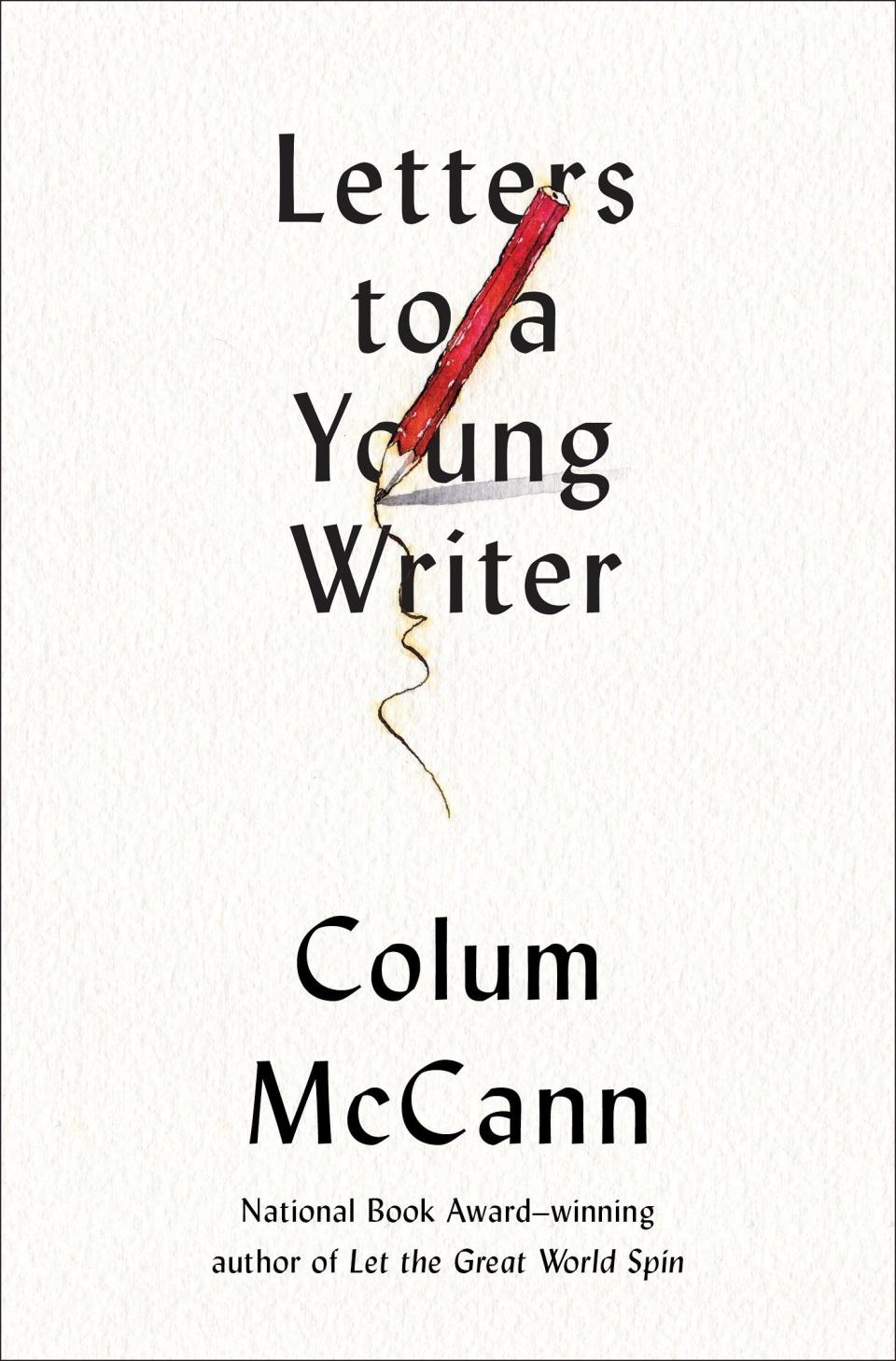
Letters to a Young Writer
by Colum McCann
I got the advice to check out this book by listening to my favorite writing podcast, “The Shit No One Tells You About Writing.” Its host Bianca Marais recommended it as a bedside inspirational companion. Because chapters are short and self-contained, you can pick it up and put it down for quick bursts of inspiration.
Quote: “Write about that which you want to know. Better still, write toward that which you don’t know.”
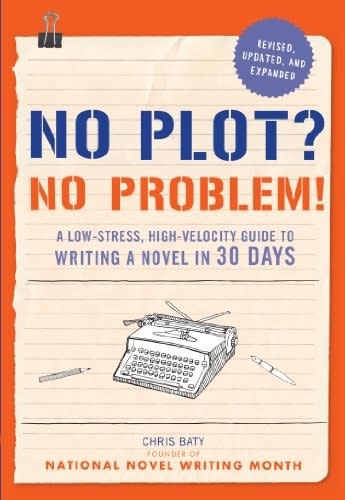
No Plot? No Problem!
by Chris Baty
On the less-pretentious end, this guide by NaNoWriMo’s founder is refreshingly low-pressure and practical. For those of us who have never written fiction before, it makes a strong argument for your ability to “pants” your first draft, and simply see where your imagination takes you. The second half of the book also contains a week-by-week guide should you ever attempt to write a first draft in one month.
Quote: “It may seem a little scary to leave your story’s backbone to chance, but fusing character and setting into an engaging, readable narrative is what our imaginations are best at. Just focus on creating vivid, enjoyable characters, and a plot will unfold naturally from their actions.”
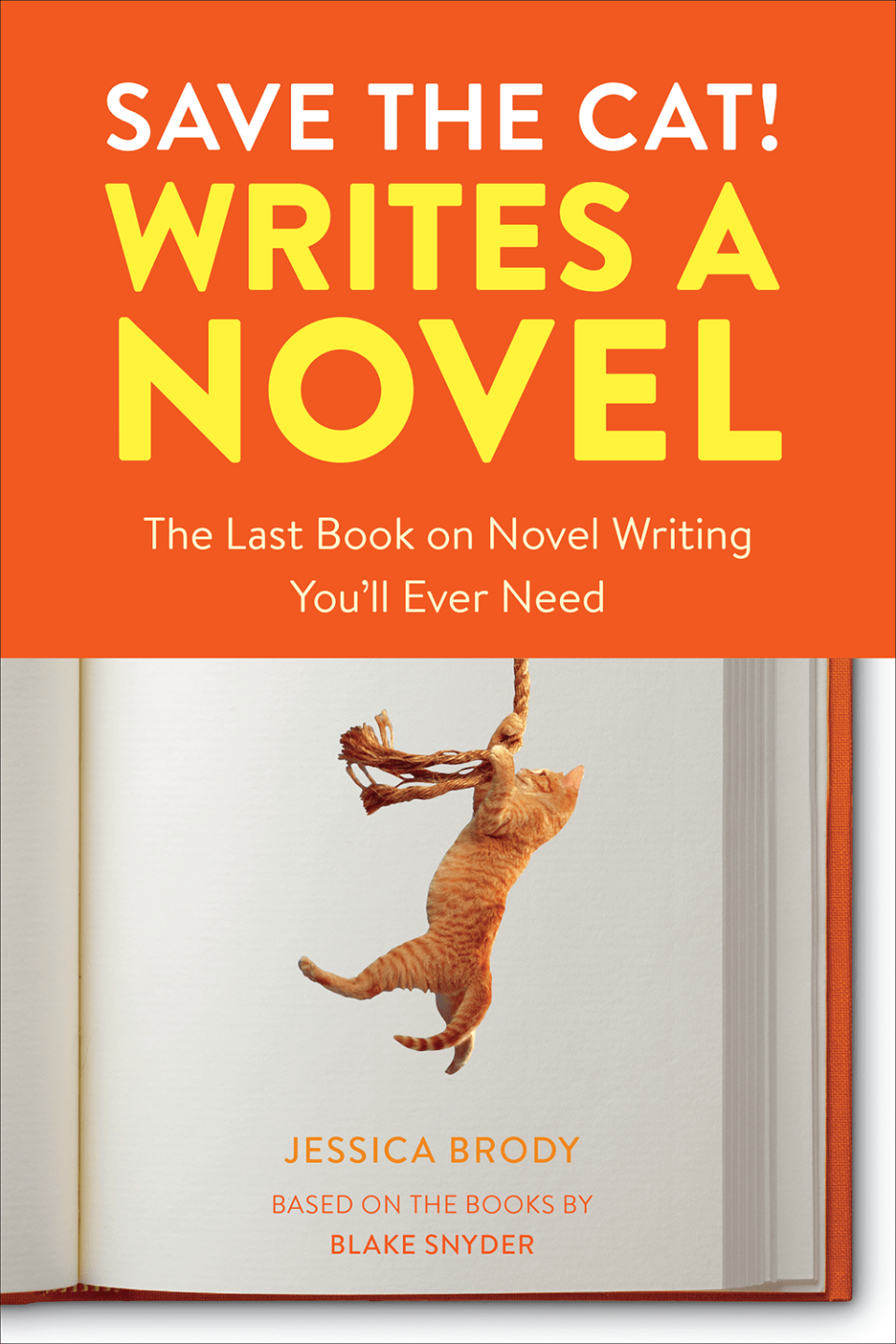
Save the Cat! Writes a Novel
by Jessica Brody
I haven’t actually tried the famous Save the Cat! method, but I found the idea of reading about it comforting and thought-provoking nonetheless. This is a good book for people who want a formula and plan before they begin — some constraints in which to be creative. It’s a book that’s worked for many people and is perfect for planners/plotters.
Quote: “Because in the end, the want is only half the story. Heroes aren’t complete until they also have a need. Heroes are often wrong about what will inevitably lead to their own happiness.”
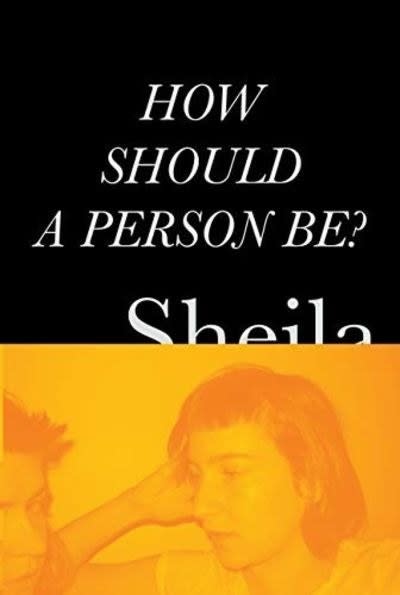
How Should a Person Be?
by Sheila Heti
If you want an example of autofiction that doesn’t follow a conventional action-driven plot — but is still compelling — this book (as well as Heti’s many other novels, like Motherhood and Pure Colour) are excellent examples. It is also in large part about life as an artist, and the compulsion to record experience and “mine” your closest loved ones for material.
Quote: “Instead of sitting down and writing my play with my words — using my imagination, pulling up the words from the solitude and privacy of my soul — I had used her words, stolen what was hers. I had plagiarized her being and mixed it up with the ugliness that was mine! Then she had looked into it and, like looking in a funhouse mirror, believed the decadent, narcissistic person she saw was her — when really it was me. Unwilling to be naked, I had made her naked instead.”
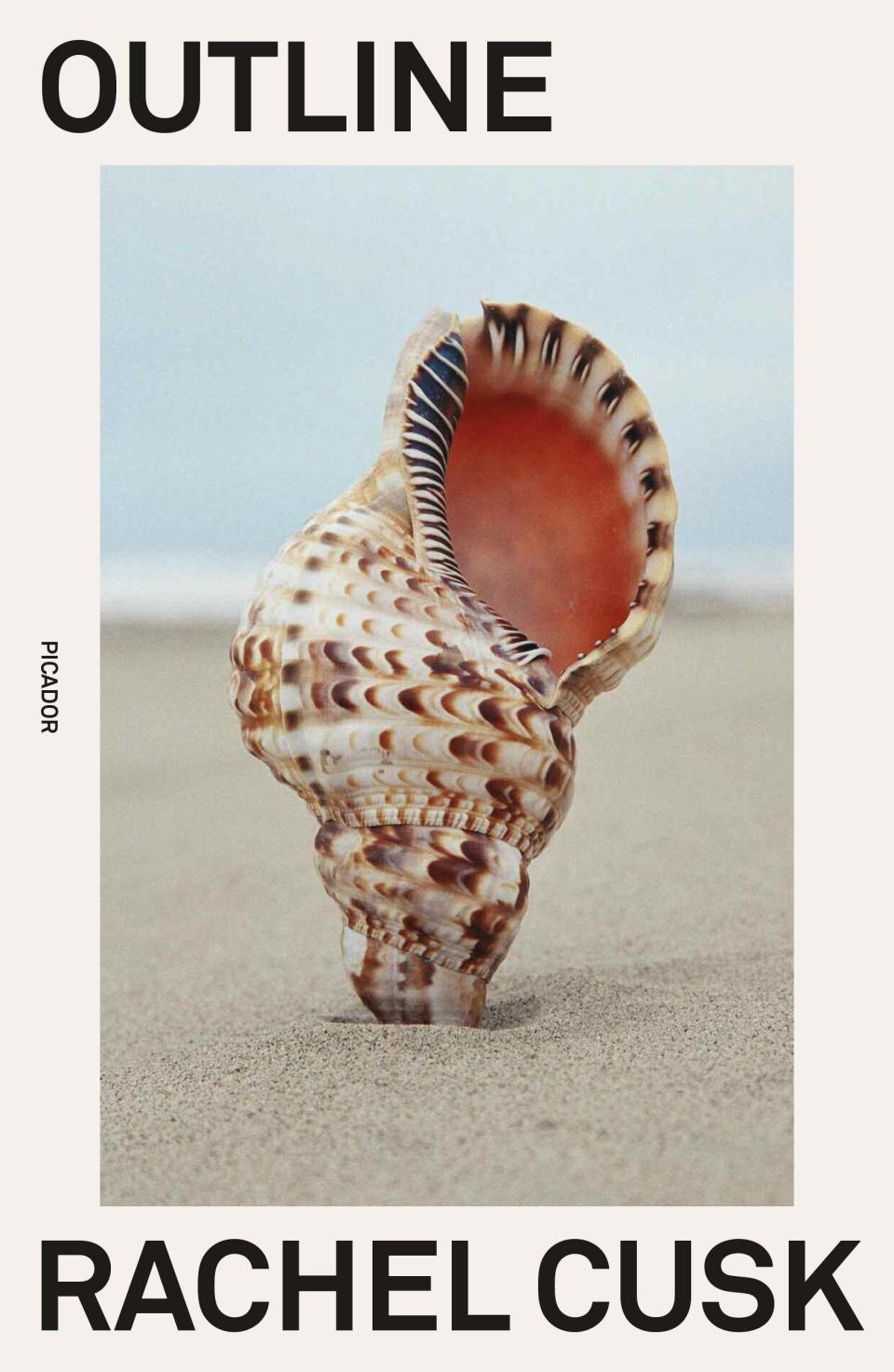
Outline
by Rachel Cusk
If you appreciate Heti’s style and Meander Spiral Explode’s approach, then I also highly suggest reading the Outline trilogy by Rachel Cusk. She is the kind of writer who teaches you not just how to write and hone your own voice, but also new ways to see the world. I feel smarter after reading her, yet it’s almost no effort at all.
Quote: “‘Sometimes,’ she said, ‘this process is so quick that the relationship is over almost as soon as it has begun. Very often I have felt that my relationships have had no story, and the reason is because I have jumped ahead of myself, the way I used to turn the pages of a book to find out what happens in the final chapter. I want to know everything straight away. I want to know the content without living through the time span.”
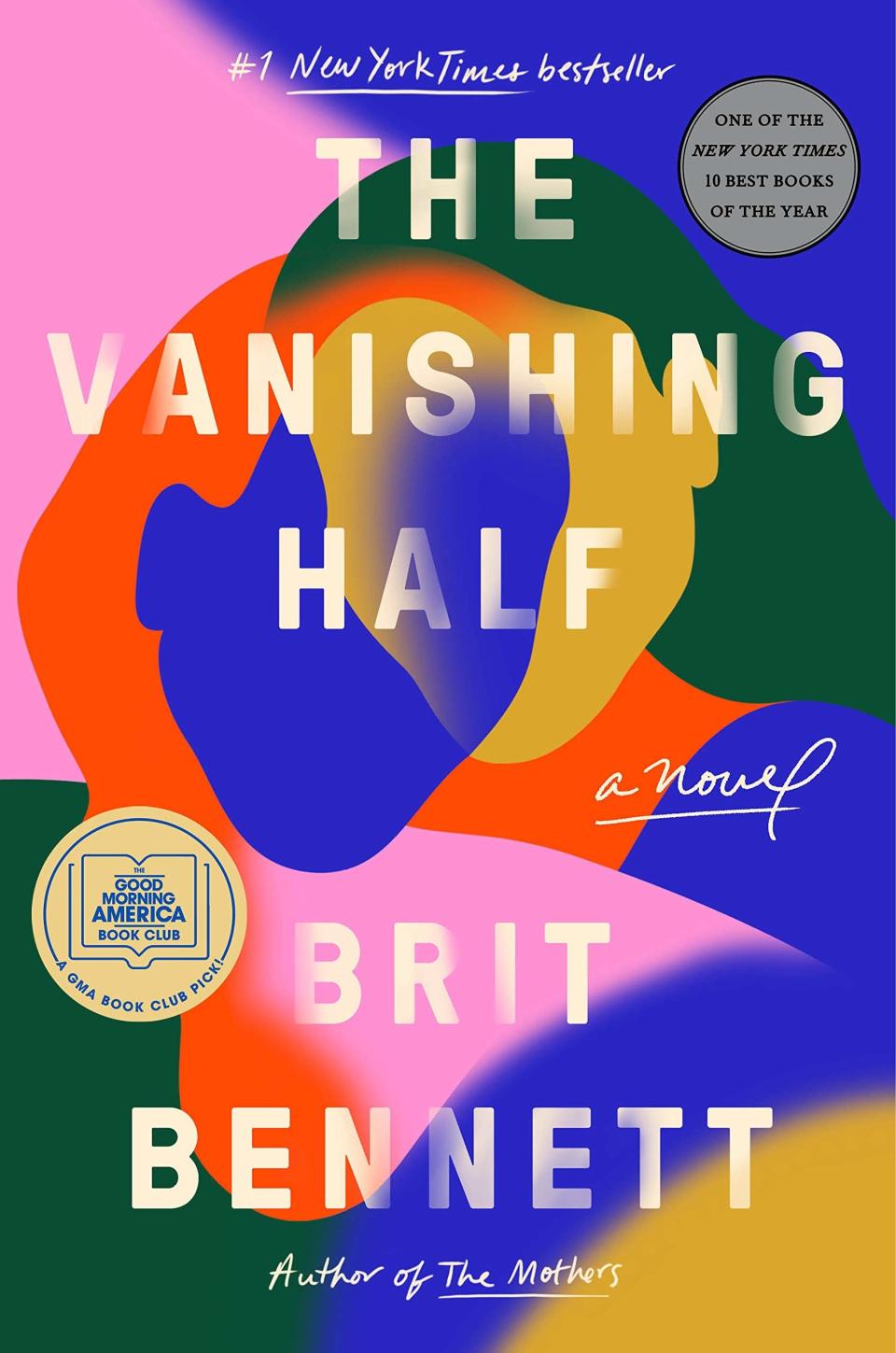
The Vanishing Half
by Brit Bennett
If you want to study a multi-perspective novel that is compelling and smart and highly commercially successful, study Bennett’s writing. She makes it look so effortless when it is anything but. I have not yet fully mapped out the plot of her blockbuster hit, but I have no doubt it would be an incredibly useful exercise. This is a book I read first for entertainment, then again to retrace how she did it. Same with her novel The Mothers.
Quote: “She would leave him. She’d always had a good sense for when it was time to leave. Call it intuition or restlessness, call it whatever you want. She’d never been the type to overstay her welcome.”
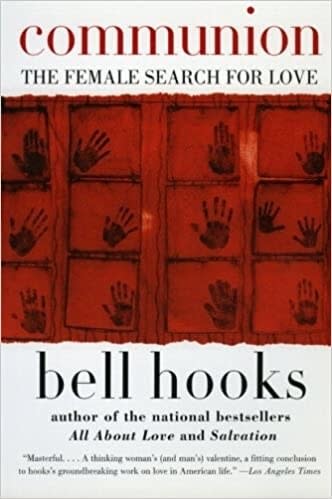
Communion: The Female Search for Love
by bell hooks
Few writers inspired me to write my book more than the late bell hooks. If you want to write about love, it’s important to deconstruct where your ideas about love come from in the first place. Her work is also a masterclass in writing accessibly yet extremely intelligently, of weaving the personal with the political. Though many of her books have impacted me, Communion most inspired me to view my own romantic story through a sociopolitical lens.
Quote: “Women are not inherently more interested in or able to love than men. From girlhood on, we learn to become enchanted with love. Since the business of loving came to be identified as women’s work, females have risen to the occasion and claimed love as our topic.”
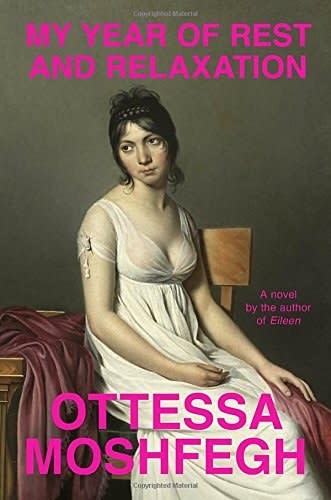
My Year of Rest and Relaxation
by Ottessa Moshfegh
Any of Moshfegh’s books are stellar when it comes to studying humor and voice. In this hit novel, not much actually “happens,” and we have an arguably unlikeable narrator. And yet, we can’t stop reading, laughing, or feeling empathy. That is very hard to pull off, and reading this novel and deconstructing how she did that is very helpful. In this same vein, I also highly recommend her novel Eileen.
Quote: “And I was impressed by how much he liked talking about his emotions, something I’d never seen a man do. ‘My mom’s a pothead now, and that’s why I have this deep sadness.’”
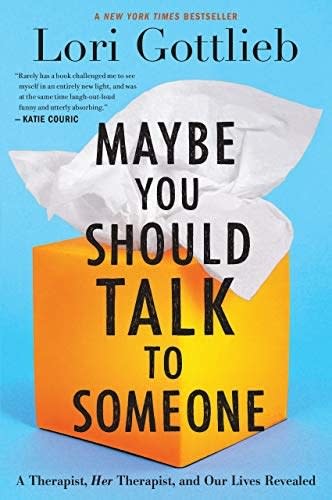
Maybe You Should Talk to Someone
by Lori Gottlieb
I read Gottlieb’s blockbuster book after I completed a draft of my own heavily researched/reported memoir, and found it to be a great example of the form. She weaves in her own expertise while profiling her clients and also telling her own story. It reads in many ways like a novel, and yet, you’re learning all along the way. If you’re trying to figure out how to write a page-turning memoir that also educates and doesn’t only focus on you, this is a good one.
Quote: “Until then, every time she meets an available guy who might love her back, her unconscious rejects his stability as 'not interesting.' She still equates feeling loved not with peace or joy but with anxiety.”
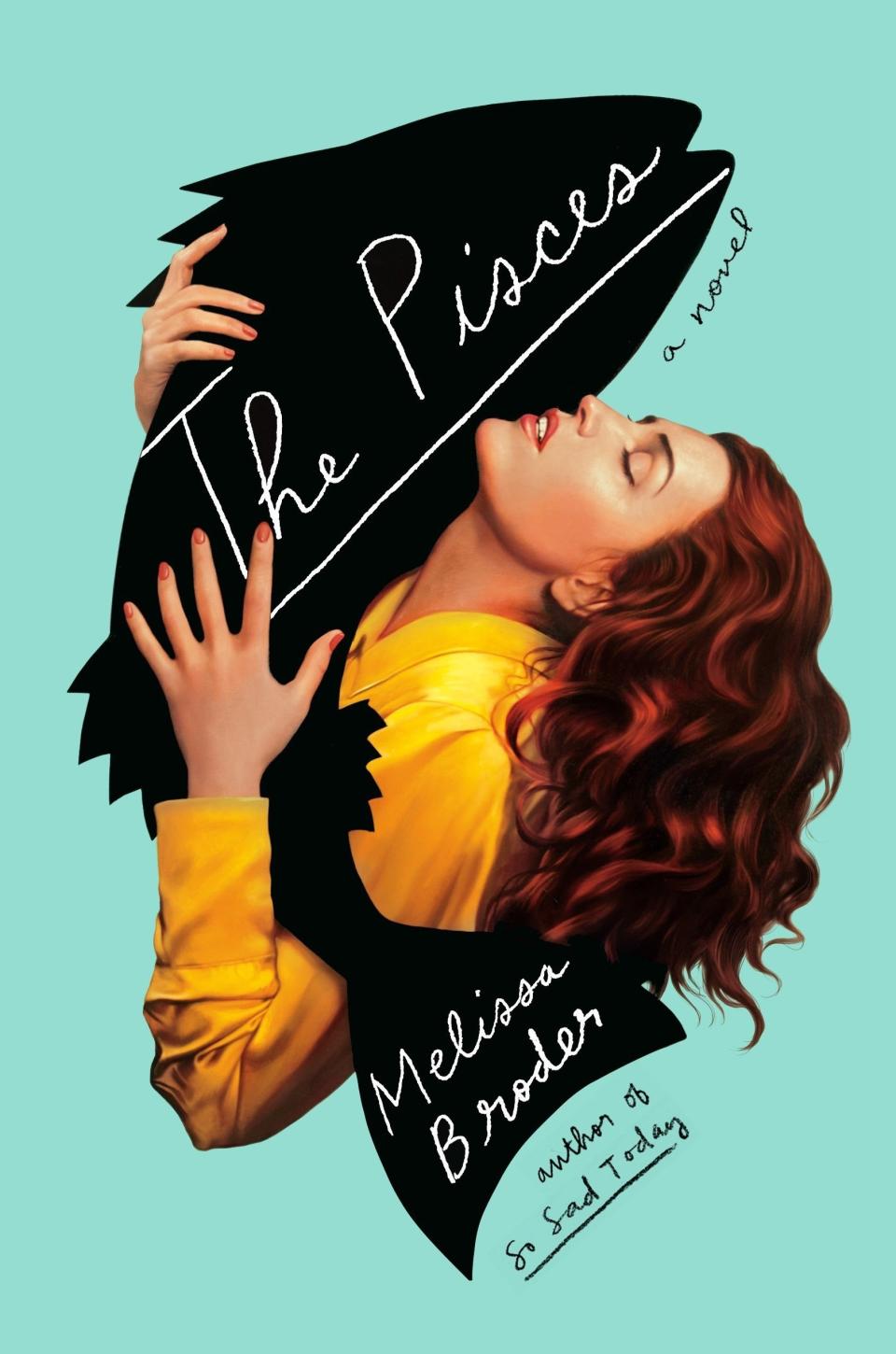
The Pisces
by Mellisa Broder
In this very sexy and funny novel, Broder takes what are clearly experiences hinted at in her personal essay collection So Sad Today — and turns them into a fictionalized fable. By making her object of obsession a merman rather than a human, she was clearly able to open up more space and freedom for herself to draw from experience, as all novelists do.
Quote: “'I love you,' he said, cupping my face with his cold, wet hand. He kissed me softly on the cheek in a way that made me feel like a sweet child, no longer horrible. I felt that I was again back in the womb he and I shared, an innocent. Was this all it took to be cleansed: one beautiful person to treat you kindly and gently, and you were exonerated?"
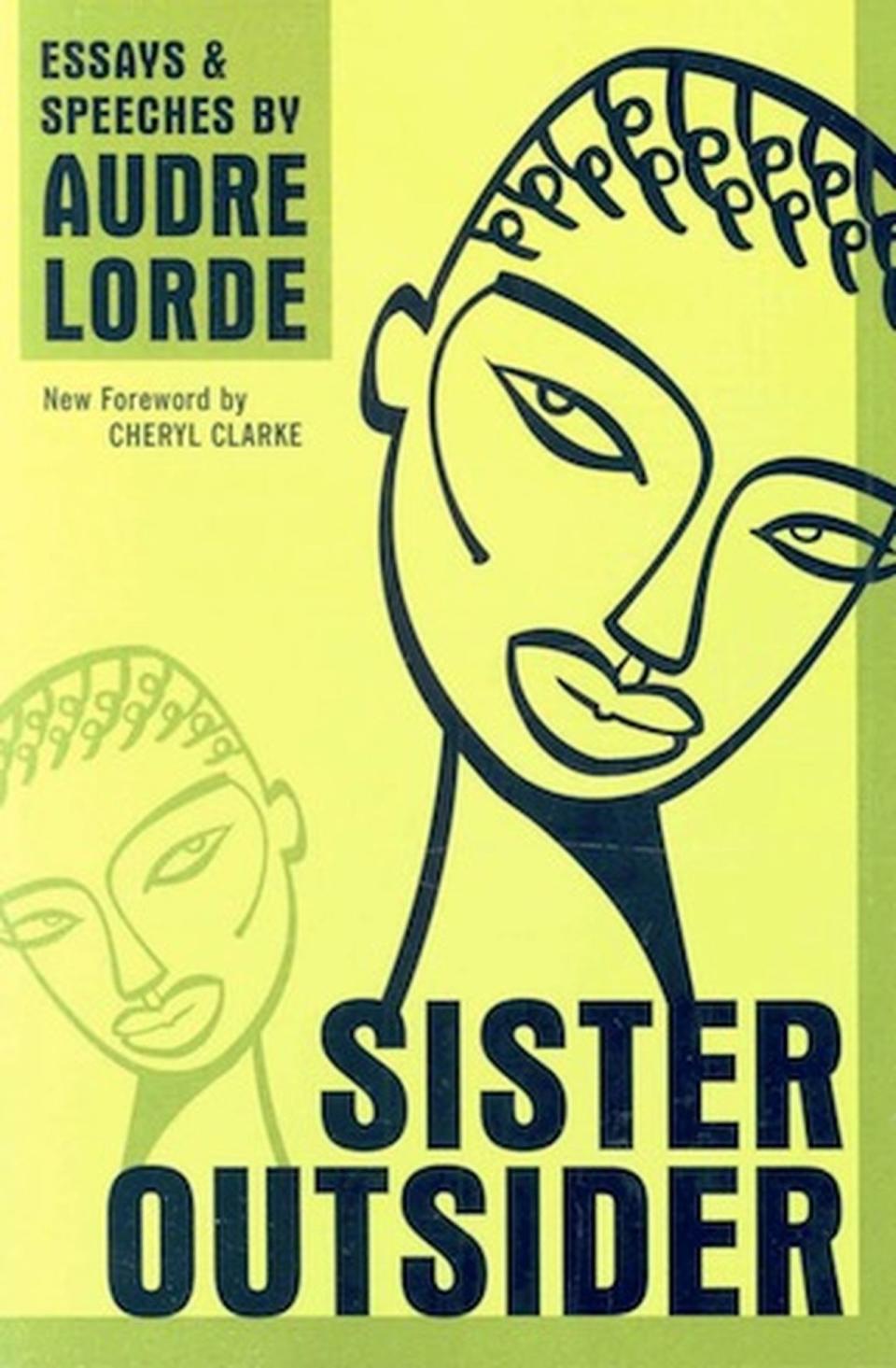
Sister Outsider
by Audre Lorde
This collection of essays and speeches is wide-ranging but always inspiring. Lorde beautifully addresses the intersections of making art, gender, race, power, queerness, and the erotic. It is so good you may find yourself underlining everything — only to be cautioned by her within the text itself against taking her words out of context.
Quote: “In the transformation of silence into language and action, it is vitally necessary for each one of us to establish or examine her function in that transformation and to recognize her role as vital within that transformation. For those of us who write, it is necessary to scrutinize not only the truth of what we speak, but the truth of that language by which we speak it.”
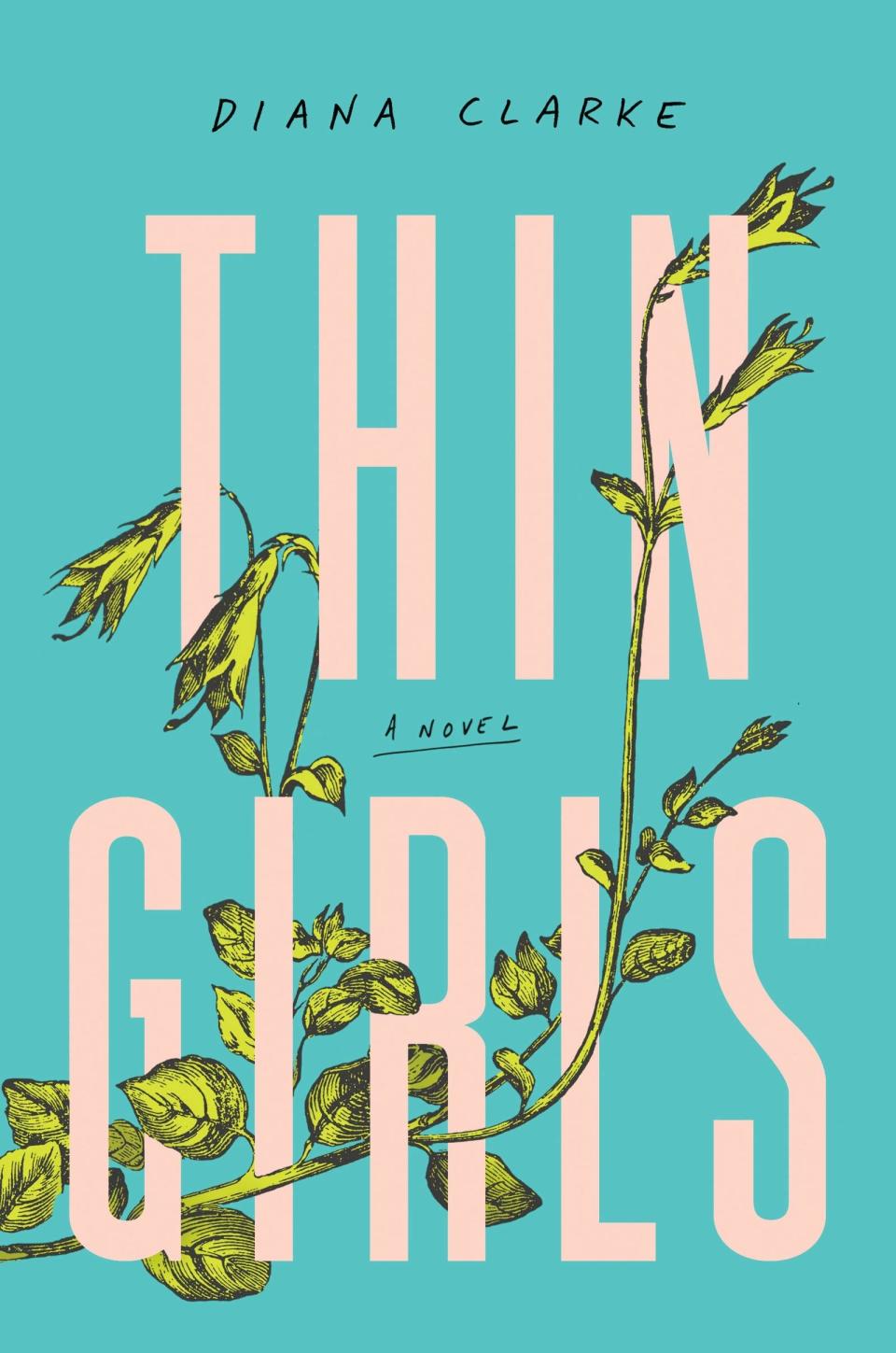
Thin Girls
by Diana Clarke
I found this novel to be not only very entertaining and raw but also surprisingly informative, so much so that it tipped me off to several pieces of research I ended up citing in Open. If you want an example of how a contemporary novel can also weave in interesting facts for the reader, this is an excellent book to check out.
Quote: “She’s an abusive lover, anorexia is. She stands next to you before the mirror, combs your hair into silk, and points at your reflection with a manicured finger. Fat, she whispers into your ear. She takes the apple you’ve picked from the bowl, presses her lips to your mouth in its place, tangles her tongue with yours. You don’t need that. She winks and drops the fruit to the floor.”
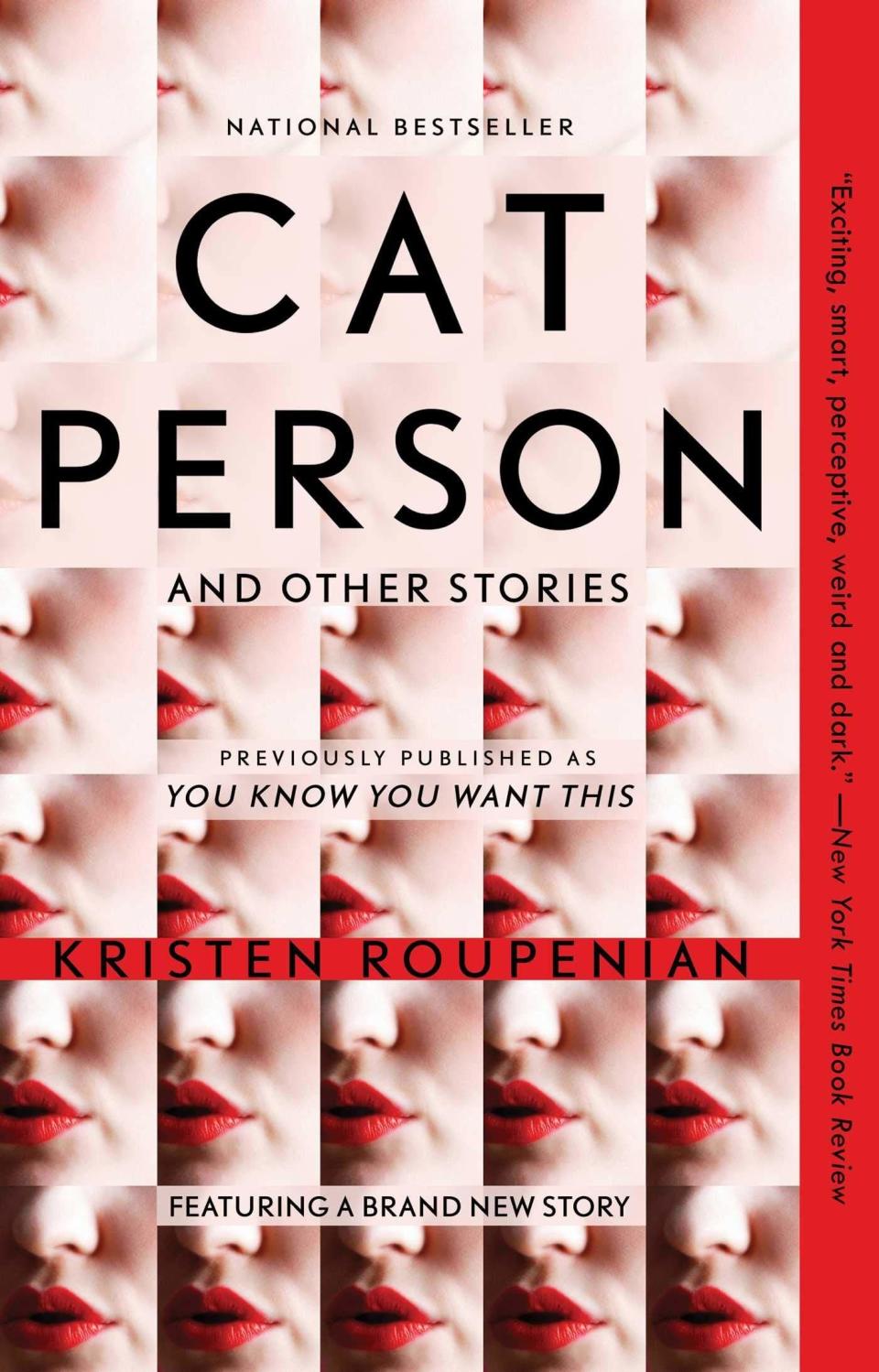
Cat Person and Other Stories
by Kristen Roupenian
I found this collection of stories to be simply brilliant. “Cat Person” is the most famous one of course, having taken the internet by storm when it came out. But all of the stories in this collection are similarly funny and insightful — biting examinations of sex, desire, and feminism. If you like Sally Rooney’s insight into the romantic human condition, Roupenian is like her funnier and more cynical cousin.
Quote: “It was a terrible kiss, shockingly bad; Margot had trouble believing that a grown man could possibly be so bad at kissing. It seemed awful, yet somehow it also gave her that tender feeling toward him again, the sense that even though he was older than her, she knew something he didn’t.”
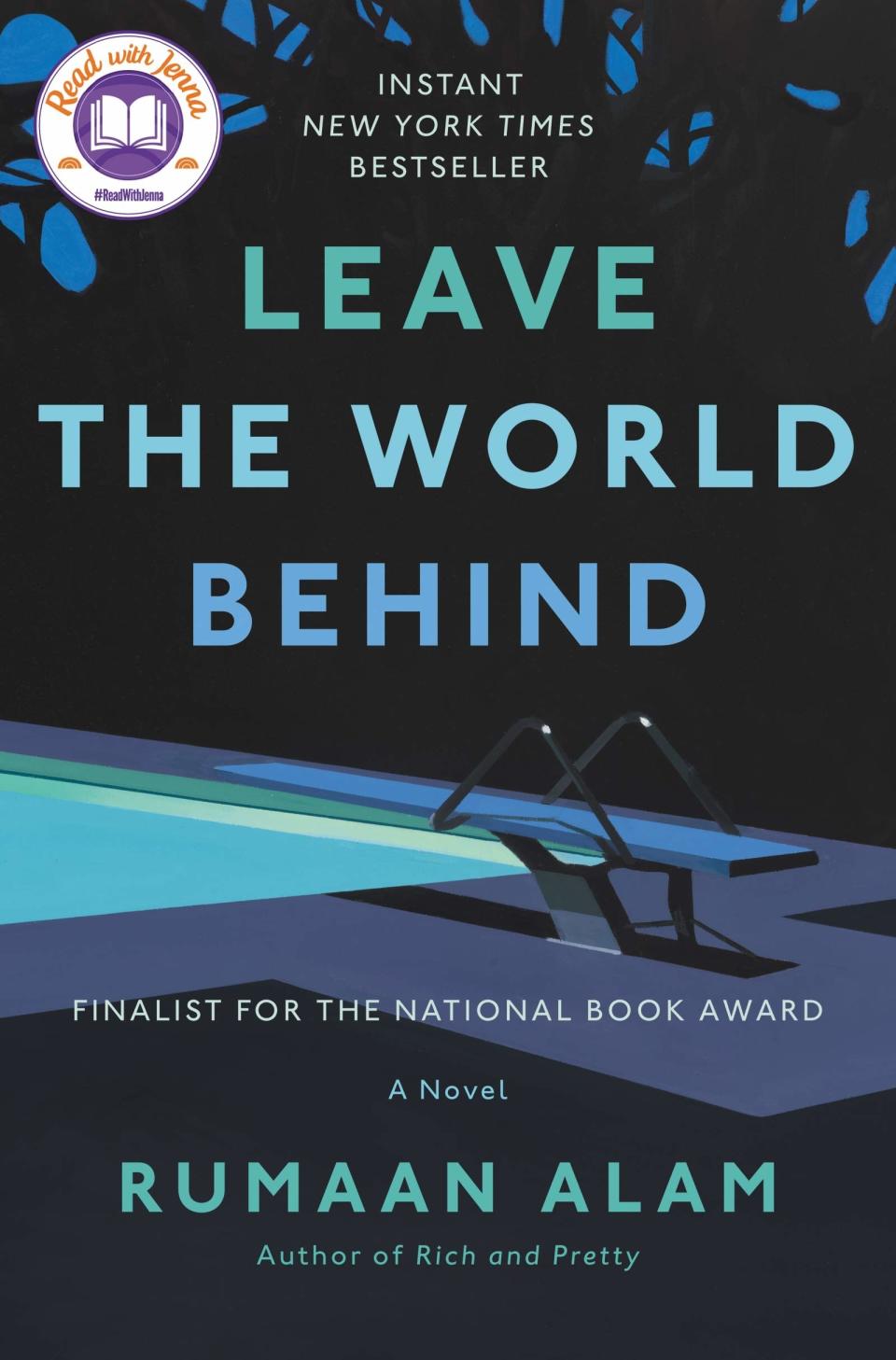
Leave the World Behind
by Rumaan Alam
This prescient novel, which was written before the pandemic but came out at its start, is a chilling and entertaining slowburn. It is also a great study in how to craft suspense in a story where not much actually “happens.” It’s a lot harder to write a believable dystopian commentary than it looks, and this is a great study in how to do it.
Quote: “She was a thing beautiful to behold. Stained and sweaty and sagging, also smooth and ripe and desired. Humans were monsters but also perfect creations. She felt what is termed sexy but is really just an animal’s satisfaction in being an animal. Had she been a deer, she’d have leaped over a branch.”
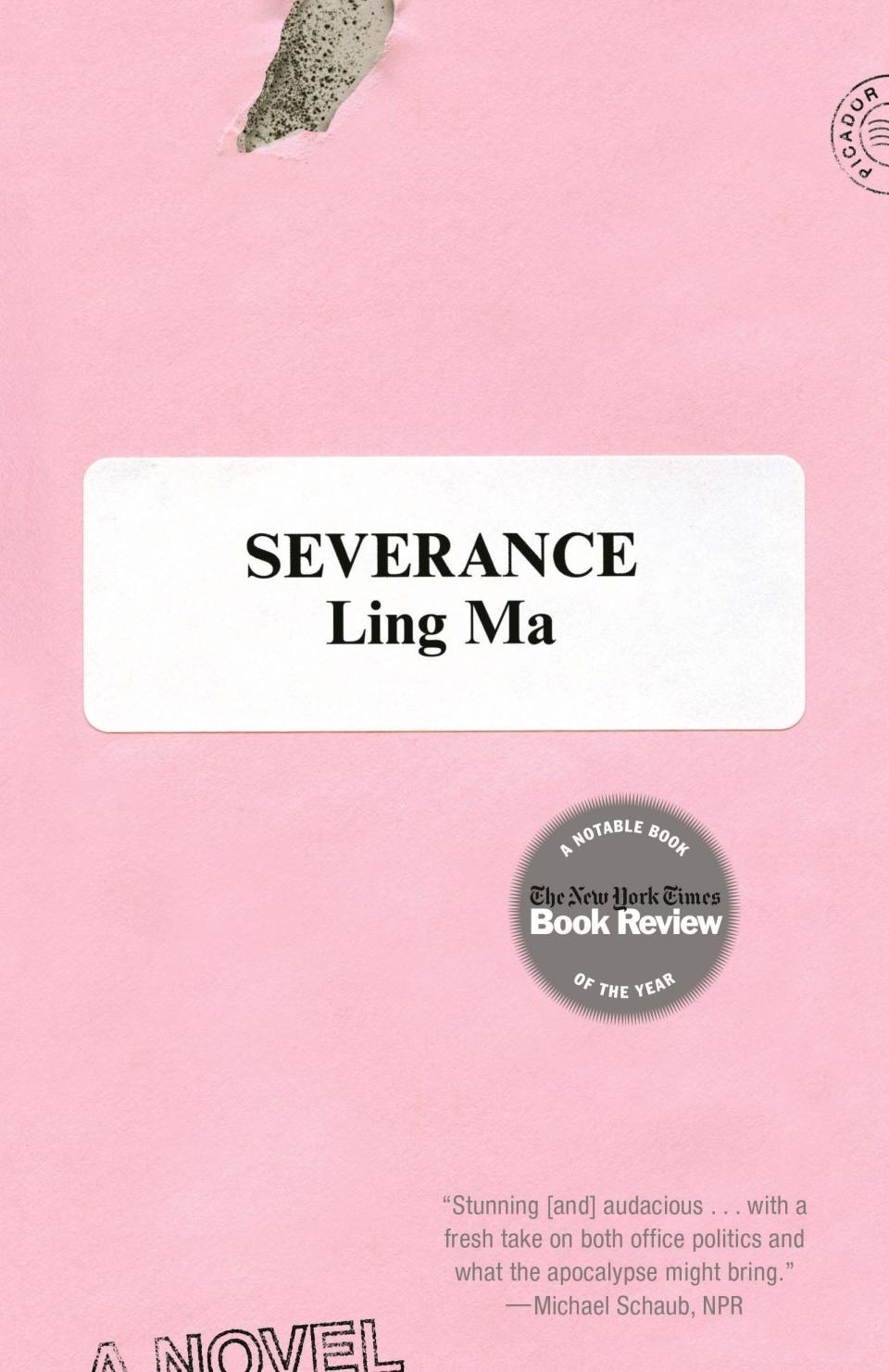
Severance
by Ling Ma
Also one of my favorite believable dystopias is Ling Ma’s novel Severance. It taught me about voice, dark humor, alternating timelines, and how to keep those pages turning.
Quote: “The single heroine, usually white, romantic in her solitude. In those movies, there is almost always this power-walk shot, in which she is shown striding down some Manhattan street, possibly leaving work during rush hour at dusk, the traffic blaring all around and the buildings rising around her. The city was empowering. Even if a woman doesn’t have anything, the movies seemed to say, at least there is the city. The city was posited as the ultimate consolation.”
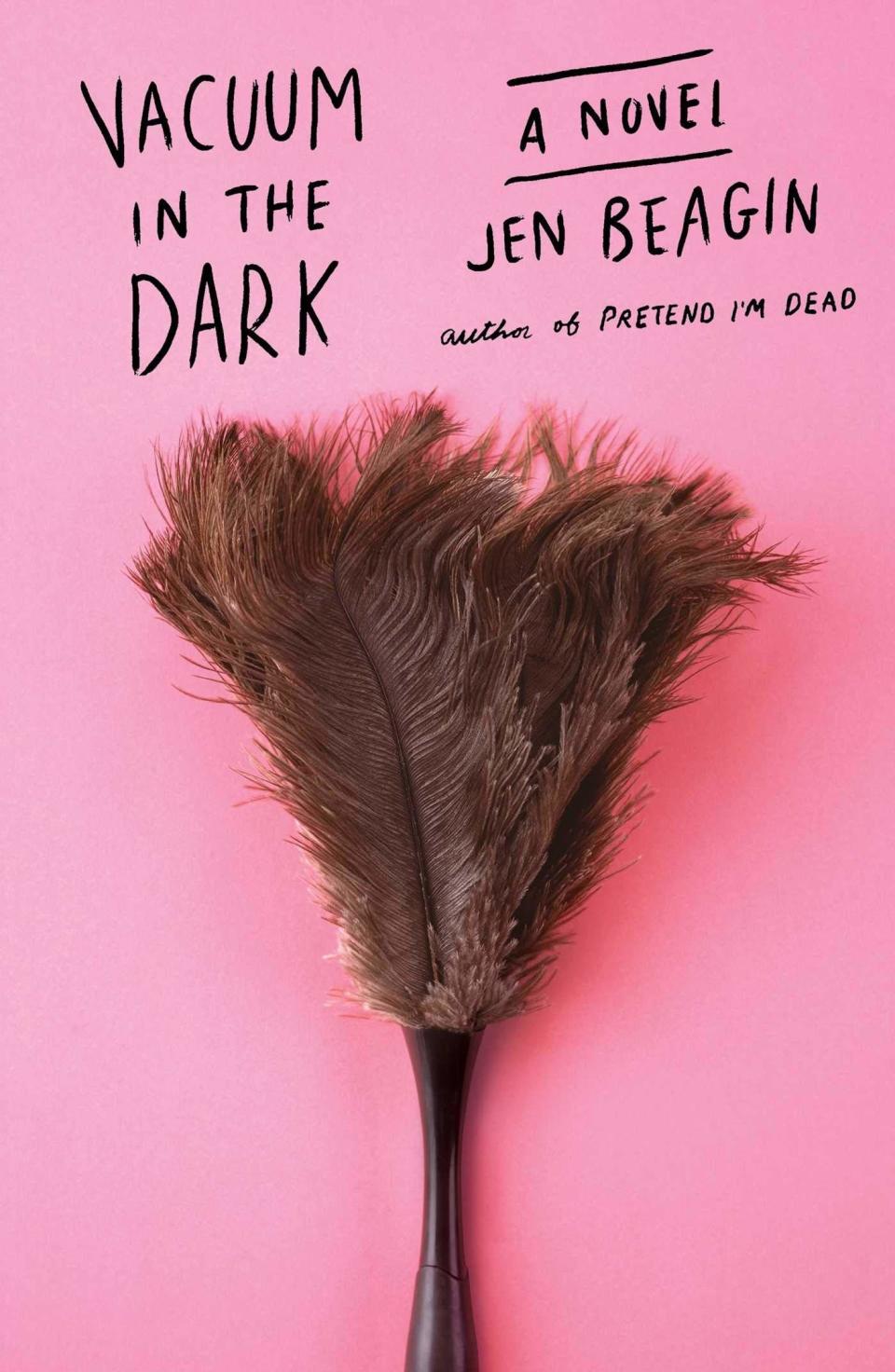
Vacuum in the Dark
by Jen Beagin
Obviously, I have a thing for funny-droll-smart-women-narrators, and Beagin’s novels Vacuum in the Dark and Pretend I’m Dead are ones I find myself revisiting again and again as brilliant, voice-driven novels that use dark humor. Not much happens in these books, but there is definitely still plot — and a strong sense of setting as well.
Quote: “He made her feel beautiful and hideous, male and female, dirty and clean. He made her feel old. Not over-the-hill, but ancient and pre-human. He made her feel desperate, horny, and deranged. She betrayed her instinct to be silent.”
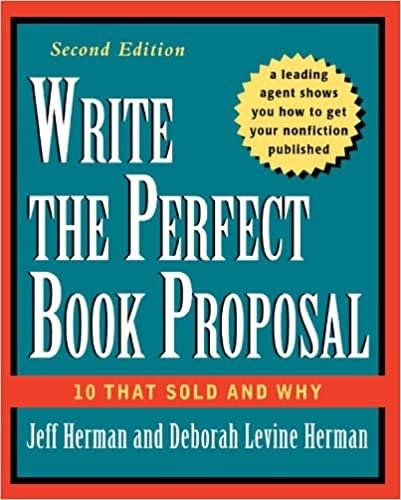
Write the Perfect Book Proposal: 10 That Sold and Why
by Jeff Herman and Deborah Levine Herman
If you want to write nonfiction, you’re unfortunately going to have to write a nonfiction book proposal. There are many guides out there, and this was one that most helped me write mine. It’s practical, brief, and will give you an idea where to start. I also recommend, for the same reasons, Writing Nonfiction Book Proposals That Shine and The Nonfiction Book Proposal Demystified.
Quote: “A chapter abstract is an opportunity to show what you can do without having to do it all. It should be written in the best possible prose, with an eye toward holding a reader’s interest. You can view abstracts as mini-chapters or magazine articles.”
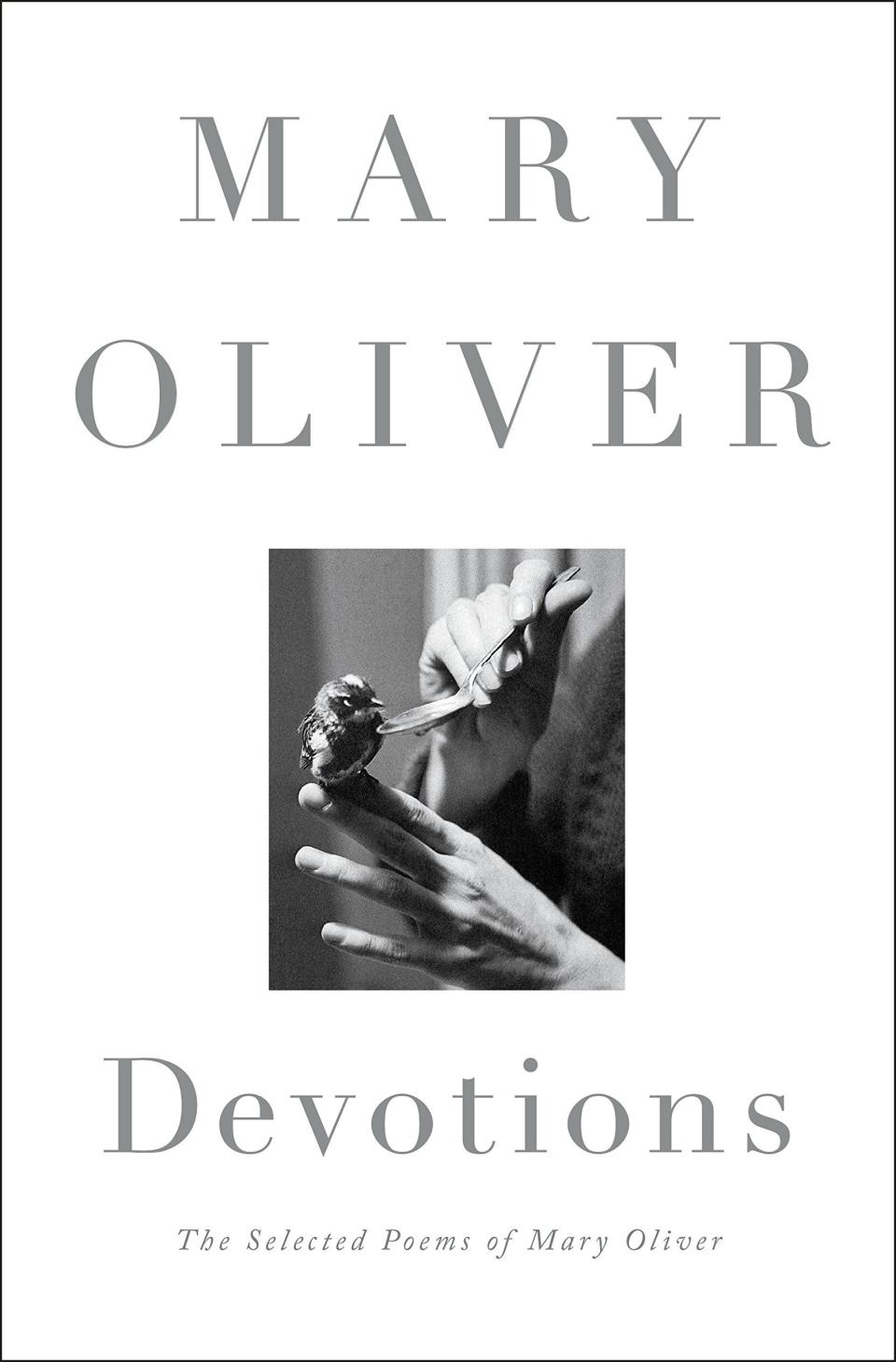
Devotions
by Mary Oliver
The late Mary Oliver was an incredibly beautiful and accessible poet. Her powers of observation and savoring of the natural world remind me to be grateful for even the most difficult parts of the writing process. If you don’t take time to simply think and walk in nature, your writing will likely suffer for meaning. Mary Oliver is proof of that, and her poetry is a map I return to often.
Quote: “Like clouds that only seem weightless / But of course are not. / Are really important. / I mean, terribly important. / Not decoration by any means. / By next week the violets will be blooming. / Anyway, this was my delicious walk in the rain. / What was it actually about? / Think about what it is that music is trying to say. / It was something like that.”
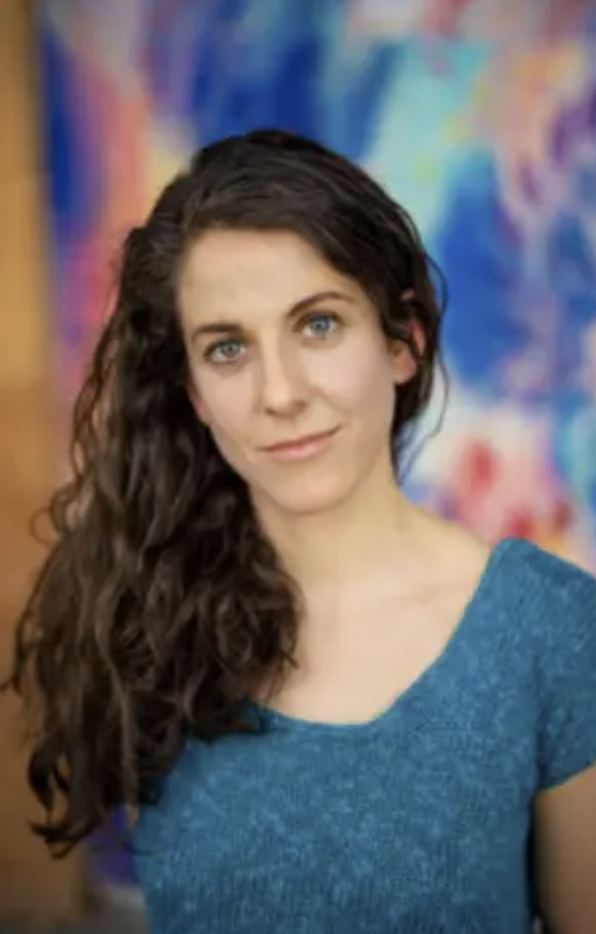
Rachel Krantz is a journalist and one of the founding editors of Bustle, where she served as senior features editor for three years. She was the host of the podcast Honestly Though, and her work has been featured in Vox, the Guardian, HuffPost, NPR, and many other outlets. She is a recipient of the Peabody Award, the Robert F. Kennedy Center for Justice and Human Rights International Radio Award, and the Investigative Reporters and Editors Radio Award.

